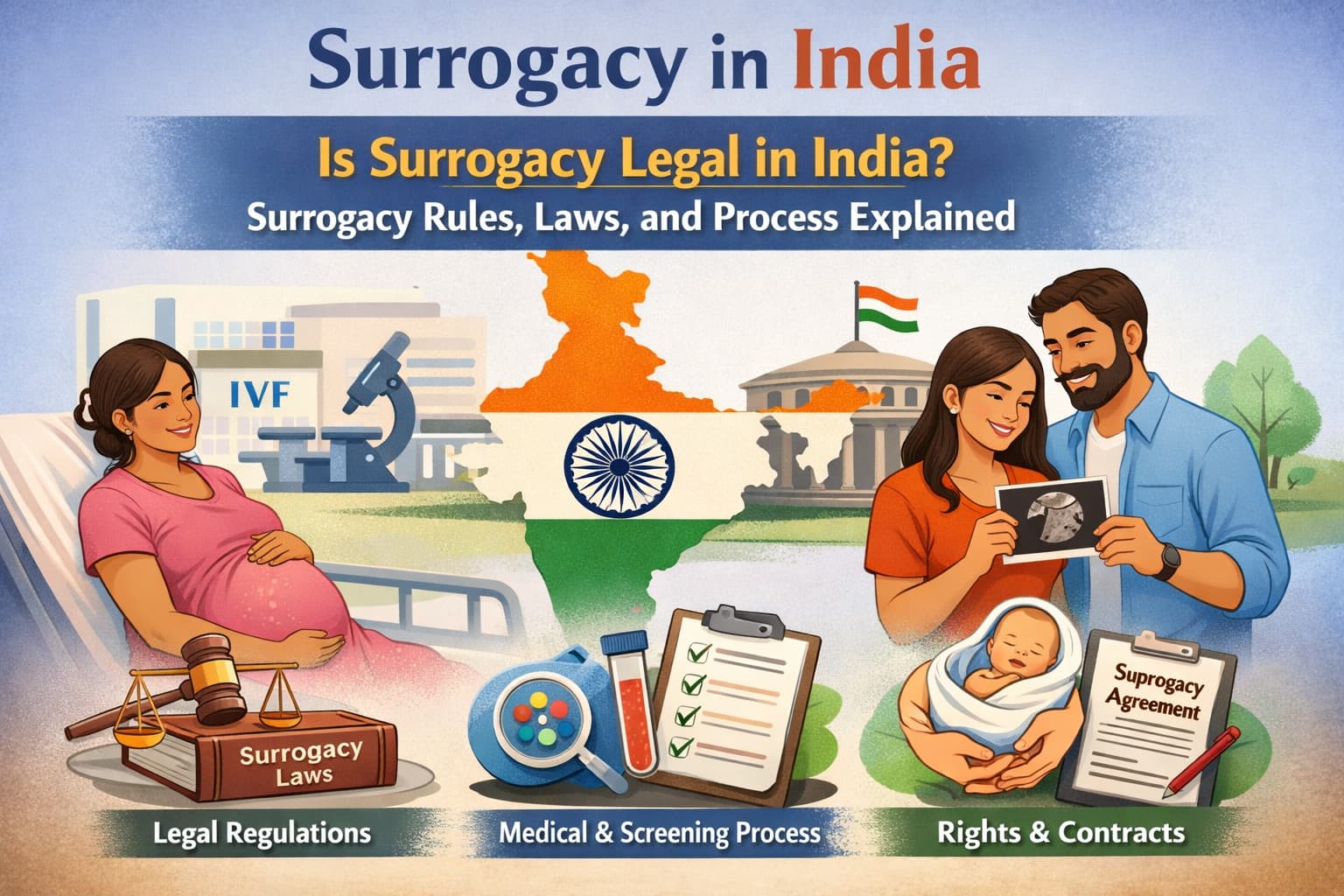
For many couples, infertility is not just a medical condition. It is emotional, personal, and often confusing. When treatments don’t work, people start looking for other options, and that’s where surrogacy comes into the picture. Still, one question comes up again and again, is surrogacy legal in India, and what does the law actually allow?

IVF (in vitro fertilization) is a medical procedure to help an individual or a couple conceive when nature has not done so. In IVF, a woman's egg is combined with a man's sperm outside the body, in a special laboratory.
Read the Article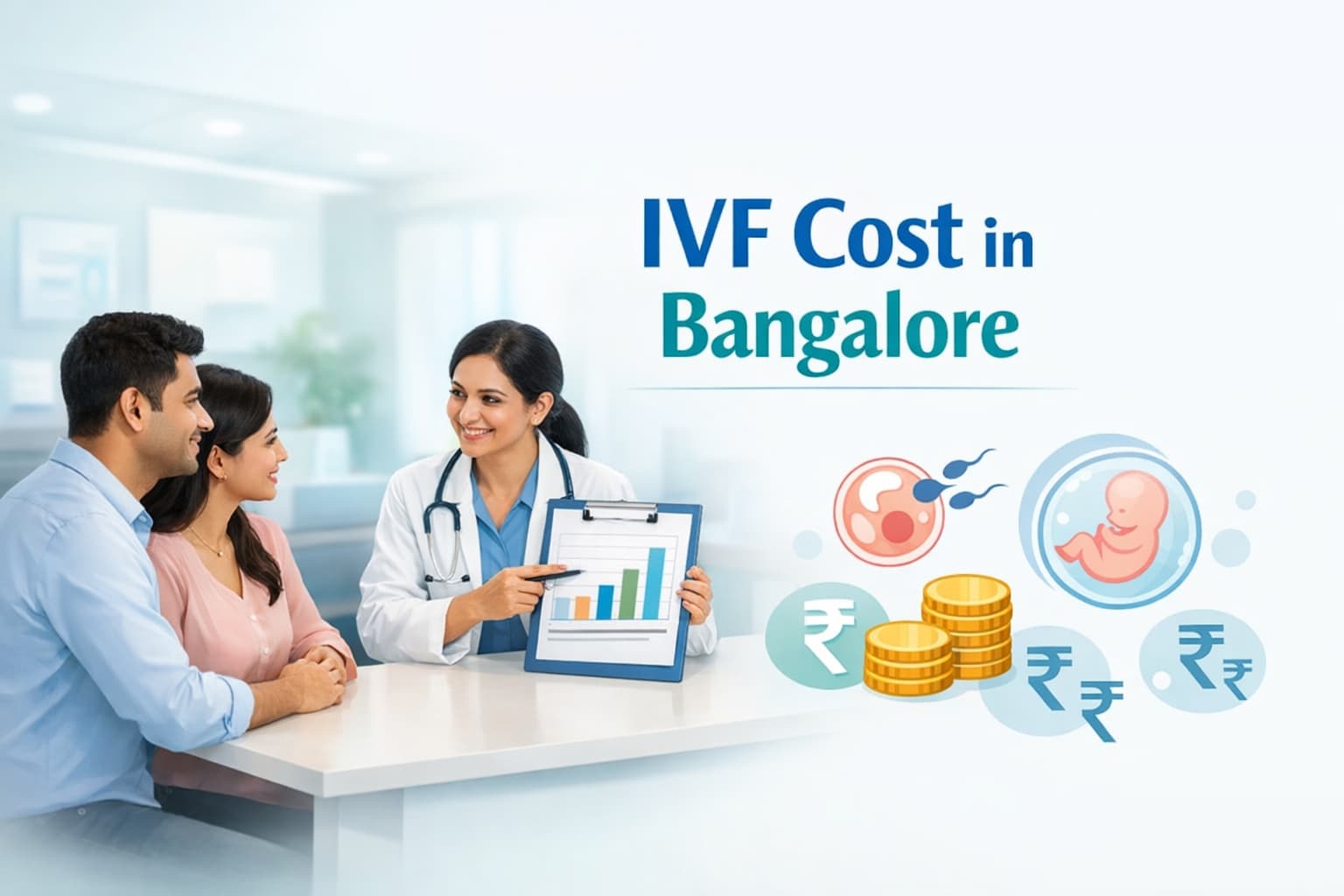
Understanding IVF cost in Bangalore is one of the first concerns for couples planning fertility treatment. IVF is not just a medical decision, it is also a financial one. Costs can vary based on your health condition, clinic choice, and treatment plan. This guide explains everything in simple words, without confusion or hidden terms.
Read the Article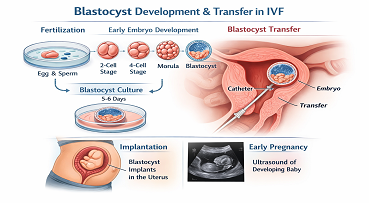
Actually, blastocyst means a five- to six-day-old embryo which has developed enough to implant into the uterus. With the embryo already differentiated into two main structures, the inner cell mass of the baby, and an outer layer that will become the placenta, one can imagine what happens during this period. Transferring blastocysts increases the chances of pregnancy through IVF since they are more matured and ready to implant and nestle in the womb.
Read the Article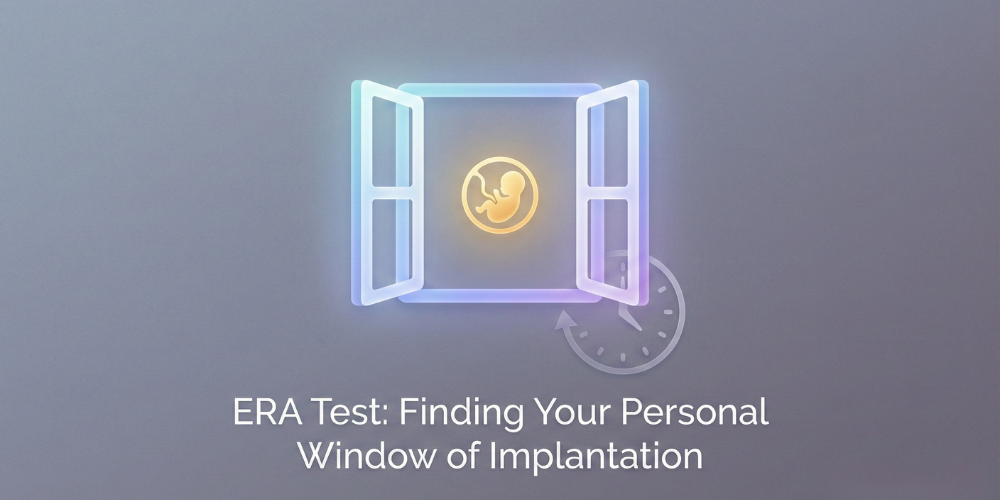
ERA (Endometrial Receptivity Analysis) is a test that helps find the best time for embryo transfer by checking if the uterus is ready. It improves IVF success by personalizing the timing instead of using a standard schedule. As an advanced diagnostic test in fertility treatment, the era test aims to identify the time when embryo transfer is most suitable. It means that the specialized doctors can determine whether the uterus is in a position to receive an embryo. This personalization of the treatment regime enhances the treating plans, especially for those patients for whom conventional timing has proved unsuccessful. By locating the window in time considered most favorable for embryo implantation, the fertility specialists can bring therapeutic intervention into greater alignment with the patient’s natural biological response.
Read the Article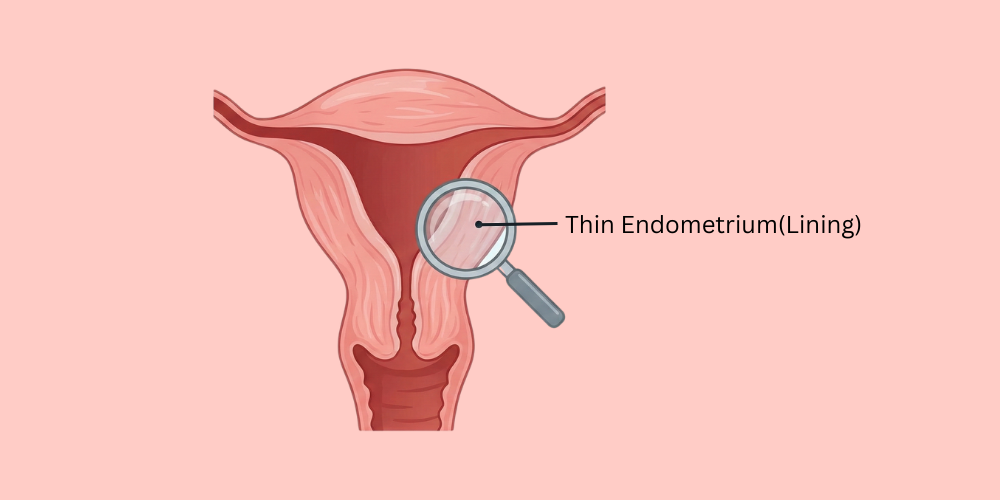
Conception requires a normal endometrium, as it is the site for implantation and embryonic development. Many women suffer from delays in conception or repeated failures at implantation due to this lining being abnormally thin. Since most women experience no symptoms, an early assessment within the fertility plan is crucial. This thin lining may be a result of hormonal dysfunction, infections, or decreased blood supply, and early diagnosis may allow for better treatment options. Most often, the doctor tracks this during an ultrasound along with tracking the cycle.
Read the Article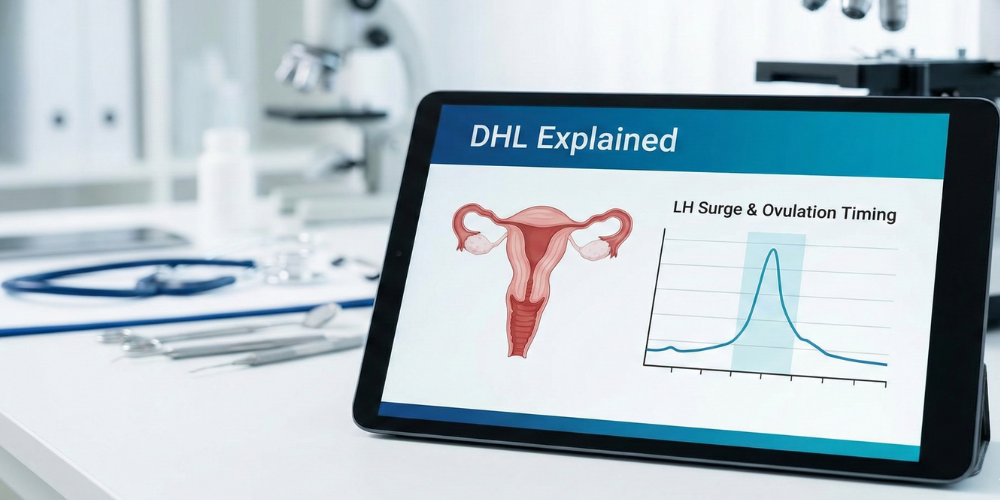
Women seeking fertility solutions can now consult with a specialist who will provide the most accurate diagnoses to critical issues. Diagnostic Hystero Laparoscopy procedure is a means of viewing the uterus and fallopian tubes while also evaluating the pelvic cavity for diseases such as fibroids, endometriosis, and obstruction. It is a minimally invasive and comfortable procedure that guarantees accurate diagnosis and a quick recovery so that couples can gain much needed information to renew their confidence in planning the parenthood journey.
Read the Article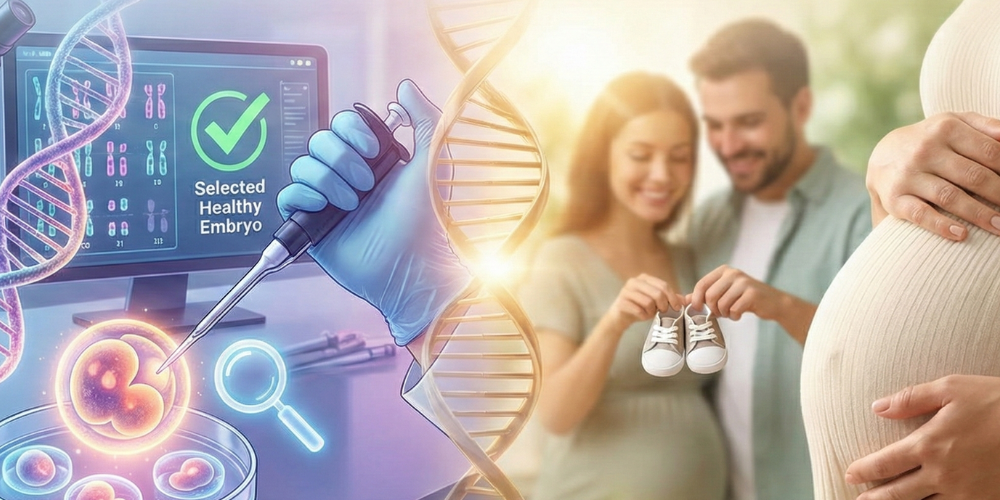
A pregnancy is said to be terminated when naturally, that is, it collapses before the baby becomes viable outside the womb, usually within the first 20 weeks. Since miscarriage can happen for reasons that are genetic, pregnancy-related, or even for no apparent reason, it is usually nobody's fault. Through IVF and PGT procedures, couples can select the healthiest embryos for transfer, thereby limiting the risk of pregnancy loss.
Read the Article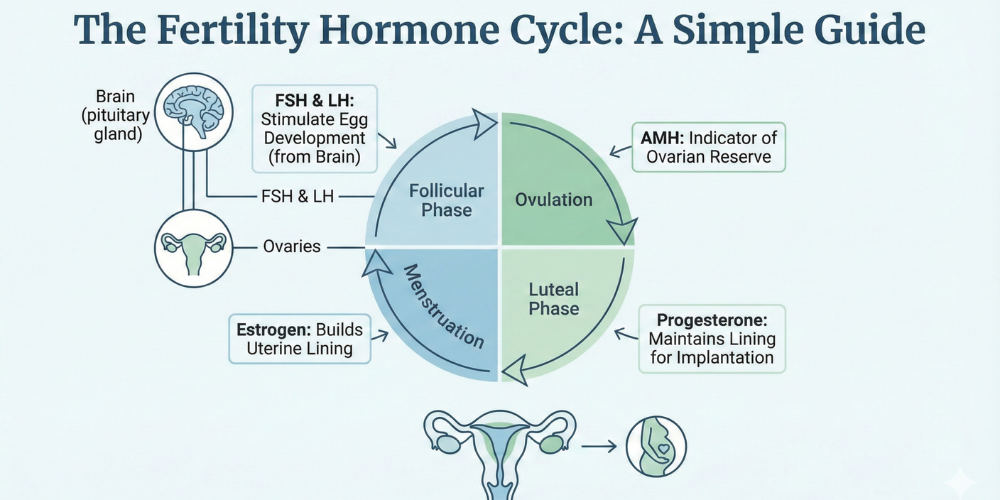
These hormones regulate female reproductive health through their complex interplay, with birth control combined with sterilization being some of the representational aspects. These hormones govern all aspects of egg development through uterine conditioning, and they are crucial to conception. By understanding the biological processes involved, women can make better, informed decisions about the fertility planning, diagnosis, and treatment services available to them. Below is a detailed explanation of some of the major reproductive processes and hormones involved in the female cycle.
Read the Article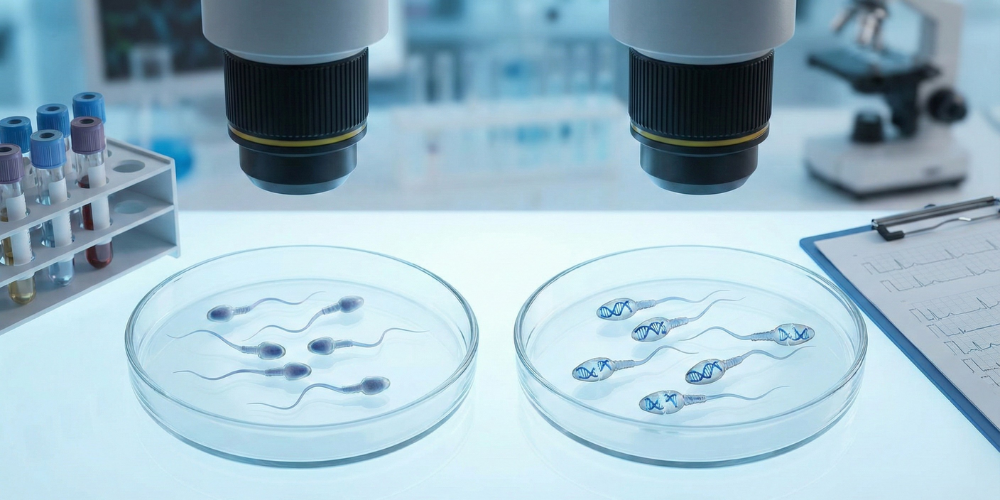
Couples who are given the go-ahead for fertility treatment and have normal reports and good-quality embryos often fail IVF, and this is where the dna fragmentation test becomes one of the essential yet often neglected diagnostic tests. Unlike the regular semen analysis, the DNA fragmentation test provides information regarding the integrity of genetic material inside sperm, which is very important during fertilization and successful pregnancy outcome. Even if sperm count and motility may appear normal, damaged DNA can still silently affect results.
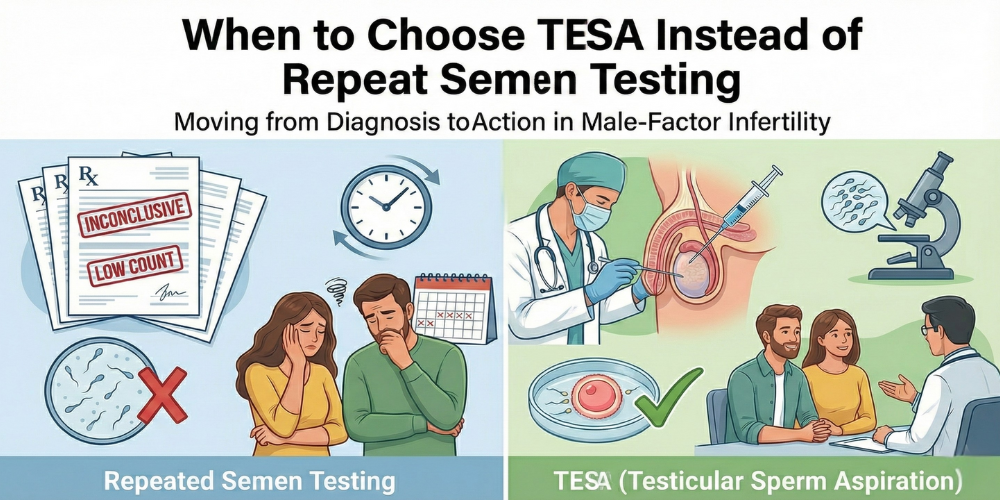
The couples found with a male-factor infertility usually begin their evaluation with routine laboratory investigations. While this initial phase is very important, going through the same diagnostic step routinely may not always provide any new answers. Many men go through emotional fatigue and frustration, as changes in lifestyle or medications do not result in any changes in outcomes. At this point, this is where clinicians dig deeper for hidden causes beyond surface findings.
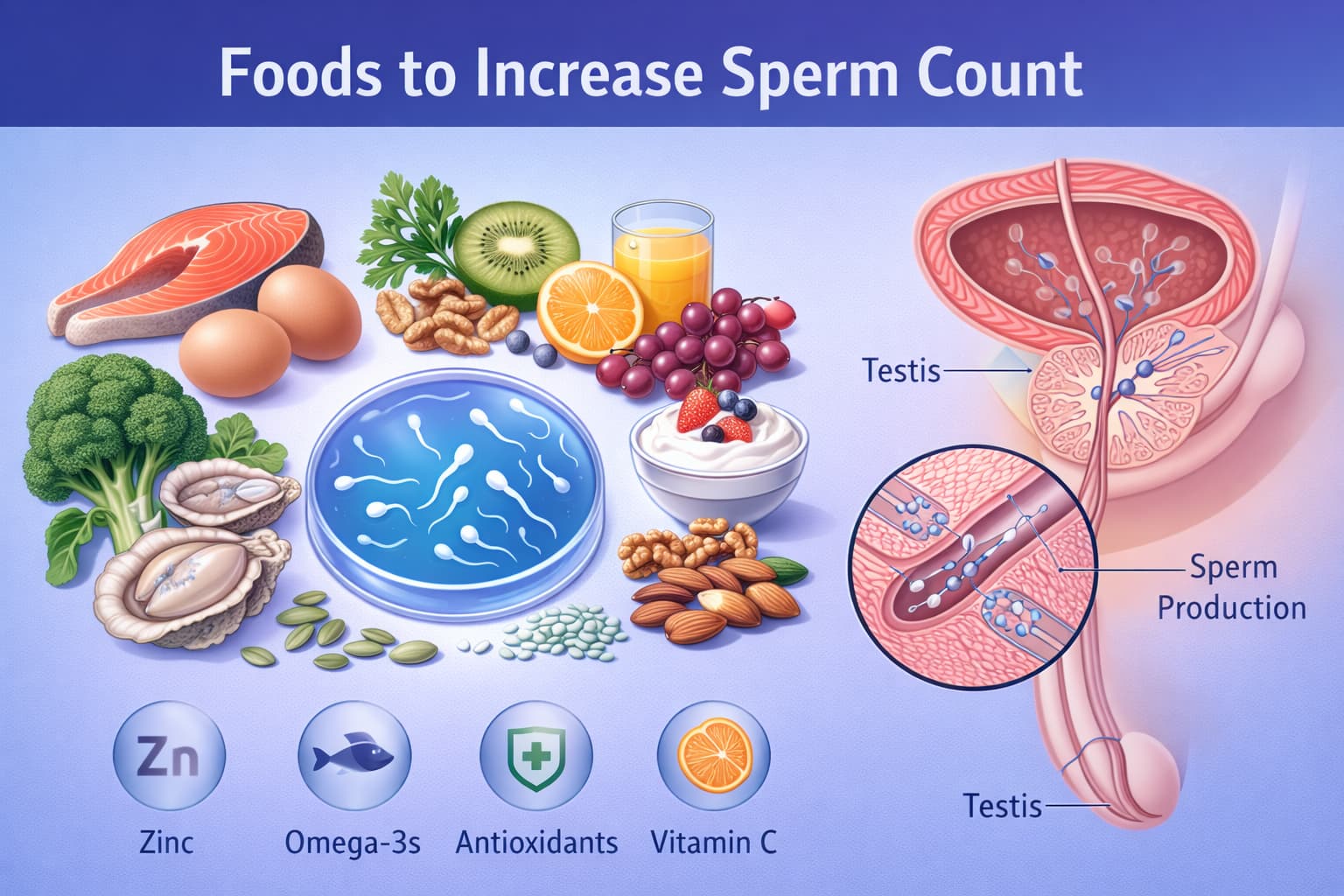
Boosting male fertility starts with smart dietary choices. Eat antioxidant-rich fruits and vegetables like berries, spinach, and tomatoes to protect sperm from damage.To keep sperm healthy, include antioxidant foods like berries, spinach, and tomatoes. Zinc-rich eggs, some oysters, pumpkin seeds, and nutritious fatty acids from nuts and oils like avocado and olive oil are foods that boost sperm counts.Much of sperm health is determined through good practices such as avoiding all refined foods-high in sugar and alcohol, drinking lots of water, and lean protein combined with whole grains create an energy effect.
Read the Article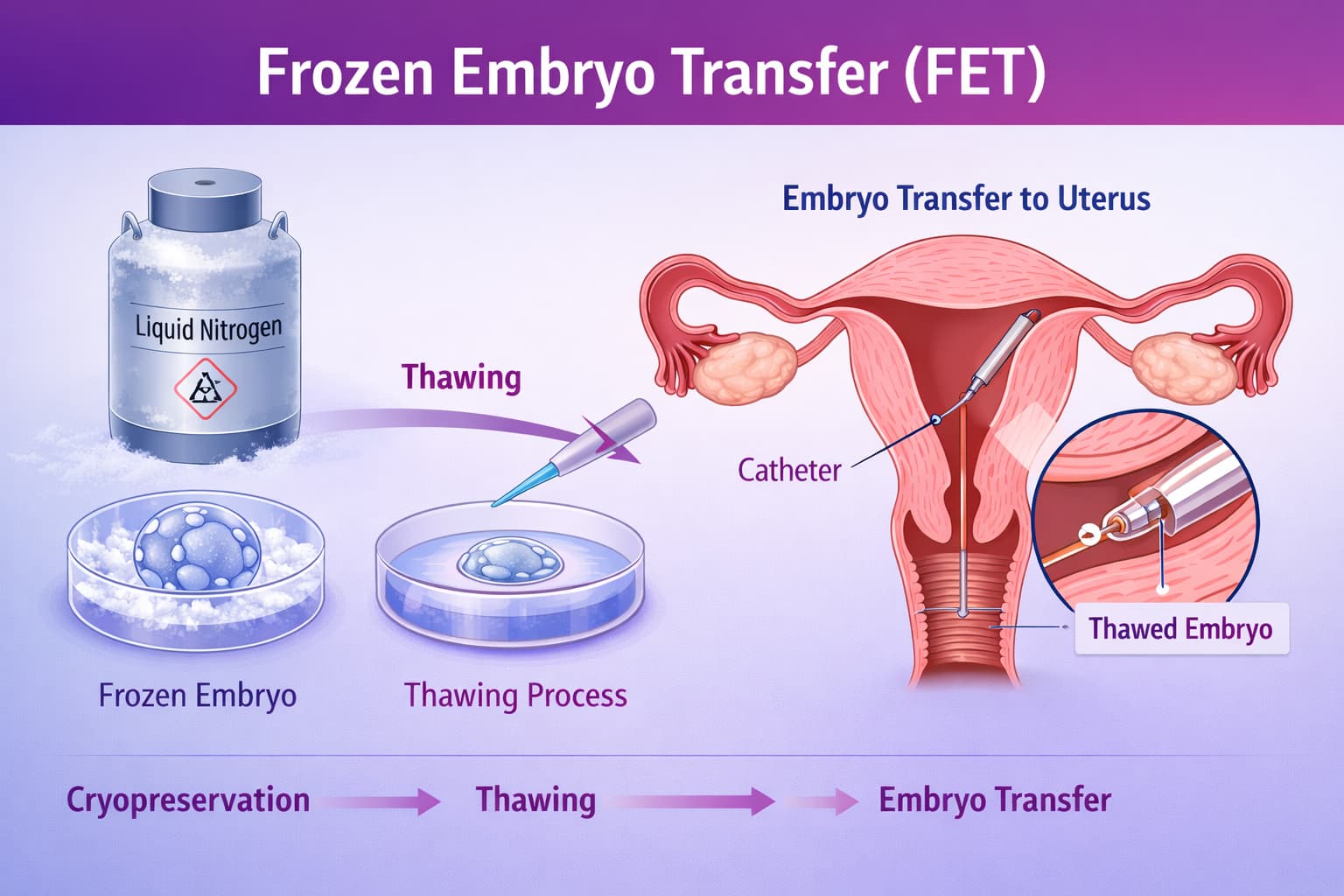
In the last few decades, frozen embryo transfer (FET) has matured into one of the most popular and efficacious treatments offered in an IVF program. Instead of transferring embryos right after fertilization, embryos are being frozen and cryopreserved for later usage in another cycle. This way, the body can recuperate, hormone levels can stabilize, and the uterus can attain optimal conditions for embryo implantation.FETs often lead to better results because the management of the treatment is relaxed for couples.
Read the Article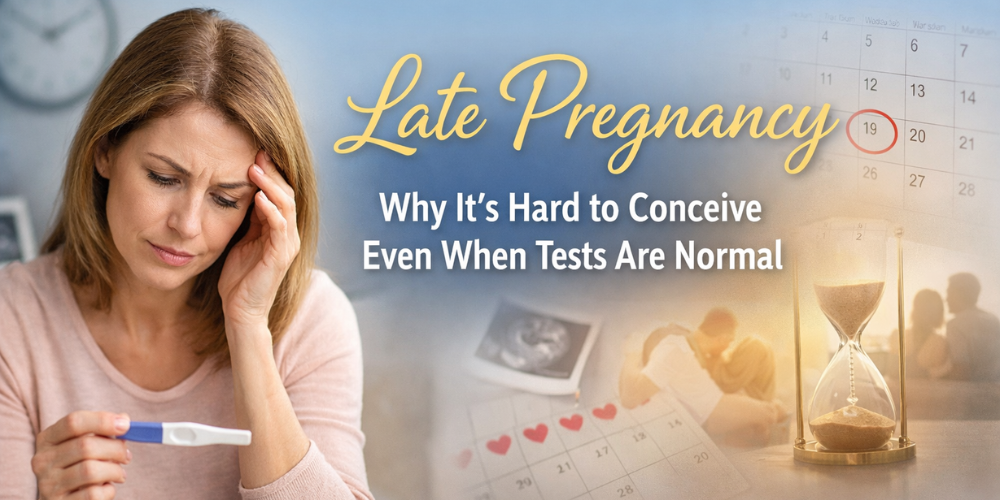
The fact that one is deemed medically sane is not really a lot of help to many couples trying to process the emotional turmoil, disappointment, and exhaustion of the inability to conceive. A couple might feel normal tests, normal cycles, and healthy lifestyle—where's the problem? In fact, this scenario is much more common than most realize and usually has subtle, hidden factors that ordinary testing does not reveal. Such knowledge would allow couples to move beyond blaming themselves and to consider their fertility in a much bigger picture.
Read the Article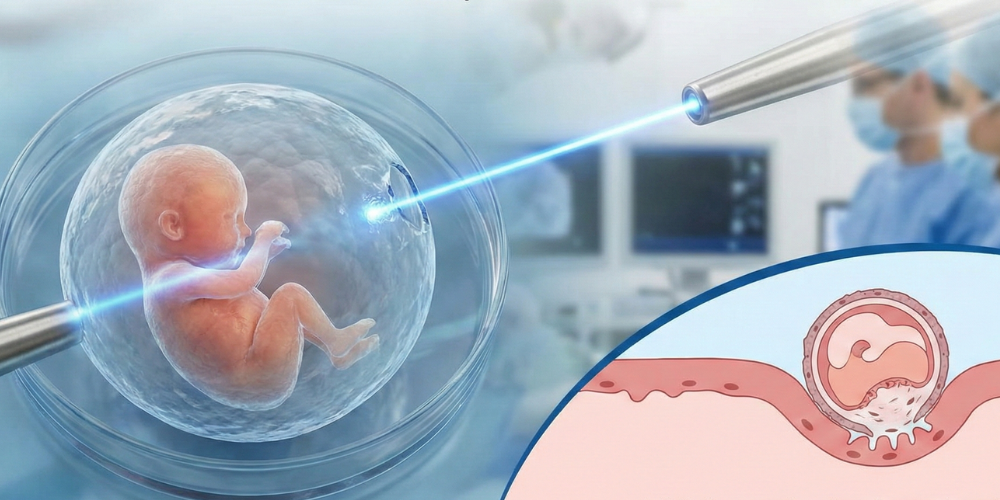
Laser-Assisted Hatching is an advanced laboratory procedure in assisted reproductive treatments that increases the chances of embryo implantation. In this highly advanced technique, a precision laser creates a tiny opening in the outer shell that surrounds the embryo. It is known as the zona that may stiffen and lift off sometimes so that the embryo can implant naturally.
Read the Article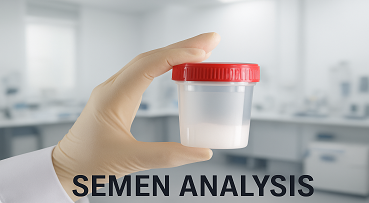
Semen analysis is one of the most important tests in evaluating sperm health, fertility potential, and overall reproductive function. A semen analysis assesses parameters like sperm count, motility, and morphology to help identify possible problems early. The assessment opens different possibilities for couples trying to achieve a pregnancy and allows treating doctors to recommend lifestyle changes or offer treatment options.
Read the Article
While looking through fertility clinics in Chennai, success rate, experience of doctors, and advanced treatment options like IVF, ICSI, and laparoscopy get precedence, owing to their effective analysis. Ideally, look for centers that feature updated labs, fair pricing, and upstanding patient counseling. Customer experiences and live facility access visits will also give helpful information on the best IVF center for your needs. Supportive teams and ethical care make a big difference in your fertility journey.
Read the Article
Women, being feminine, refer to fertility in a very important sense in terms of their reproductive health, determining the natural pathway of conception. The ovaries, ovulation cycle, hormonal balance, and reproduction system should be healthy. Fertility knowledge proves helpful for women in making good plans for their pregnancy and refers them to timely treatment when needed. comes at this stage along the woman and couple trying to conceive, providing compassionate support, advanced diagnostics, and providing the best fertility care.
Read the Article
A man's ability to have children through viable sperm and a healthy reproductive system. The male fertility is done to evaluate and monitor such characteristics of sperms as quality, motility, and so forth. Early tests serve as a red flag indicating the possibility of dealing with potential problems by lifestyle changes, supplements, and/or medical intervention to improve fertility and help couples become parents.
Read the Article
Postponing motherhood has become a feature of the lives of millions of women, whether through career aspirations, personal milestones, or health conditions. It is where egg freezing comes in as an option that alters life perspective. Specialists make clear that egg freezing caters for securing better-quality eggs at a younger age and, hence, allows women greater reproductive freedom. Women can plan childbirths without worrying about the inevitable decline in fertility with age when opting to freeze eggs in an optimal period of reproductive health. This approach is particularly liberating to women with vagaries in their individual timelines or medical treatments affecting fertility.
Read the Article
Masturbation is a completely normal aspect of human sexuality. Despite this fact, most people still refuse to speak much about the benefits of masturbation. One's own body is one of the most important aspects of sexual health and should really be part of emotional wellbeing. Healthy self-exploration can also lower anxiety and might even improve sleeping patterns in some individuals.
Read the Article
Men often feel a range of mild aches or lower stomach discomfort, which may at times spread to the testes. These are sensations that generally endure harmlessly for some seconds it is good to know about sperm cramps as one of the possible causes that may include dehydration or an development of tight muscles for extended emotion or mild congestive states, etc. Most importantly, sperm cramps can be resolved by taking rest, dehydration, and relaxation techniques for therapy. When it continues, the pain becomes worse, the best option is to refer to a doctor.
Read the Article
Many people really worry about how to get pregnant quickly as well as naturally. Track your menstrual cycle for at least two to three months and gain an insight into all the ovulatory affairs in your life, because with some degree of uncertainty ruled out, you can start with pregnancy very confidently.
Read the Article
Finding the best IVF doctor in Coimbatore can make all the difference for couples trying to conceive. Dr. Aravind Chander is a renowned fertility specialist known for his expertise, compassionate care, and high success rates in assisted reproductive treatments. The right IVF doctor is important, and his personalized treatment approach is perfect for each patient. His years experience encourages couples to use new technology to fulfill their dreams of becoming parents.
Read the Article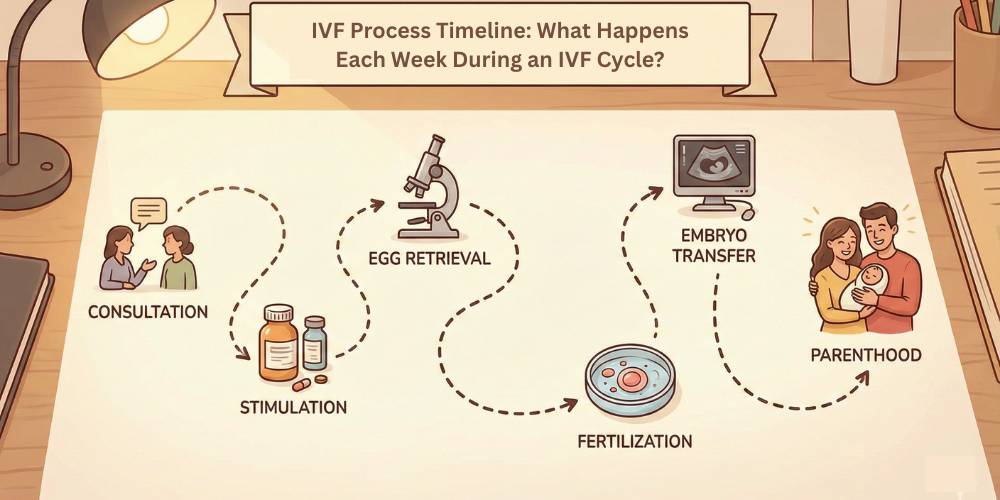
The IVF process can be Difficult, and part of that is the not knowing, but when you know what to expect, it makes the whole journey much easier. This is a very straightforward, clear breakdown of the IVF process timeline, as much as it ranges, to help you in expectation control and stress relief. Let’s go through each part from preparation to embryo transfer and implantation.
Read the Article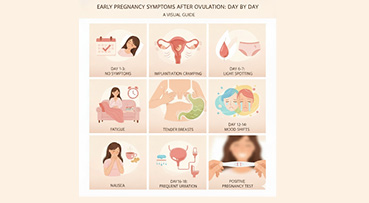
The two weeks following ovulation are an exciting phase in the journey toward getting pregnant. As this is a critical stage, it’s important to understand the changes happening in the body to recognize the earliest clear signs of conception. In this article, we will look at the pregnancy symptoms that occur after ovulation, day by day, so that you can better understand what is happening in your body.
Read the Article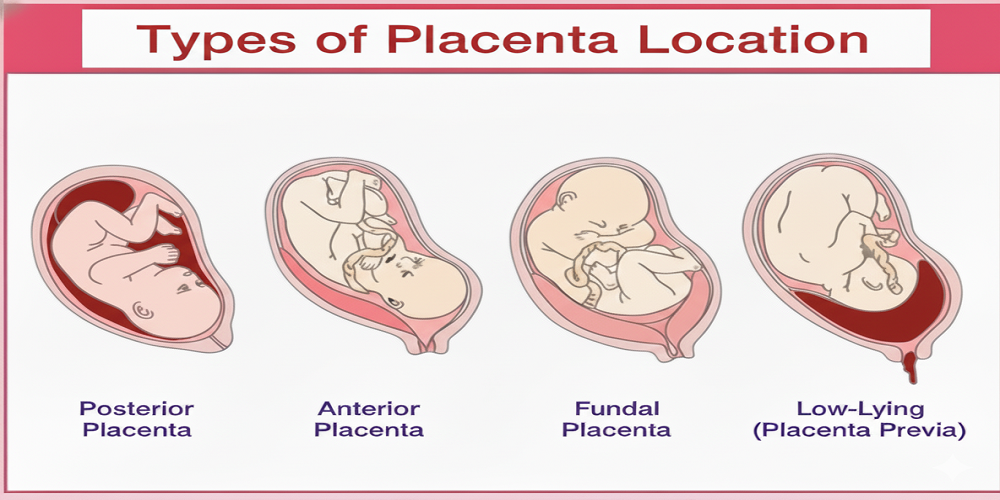
An organ is formed during pregnancy that provides sustenance to the fetus while in the uterus. This organ is the placenta. When the embryo implants into the uterus, some embryonic cells modify into special structures that eventually become the placenta. One end of the placenta attaches directly to the uterus while the other end, via the umbilical cord, attaches to the fetus.
Read the Article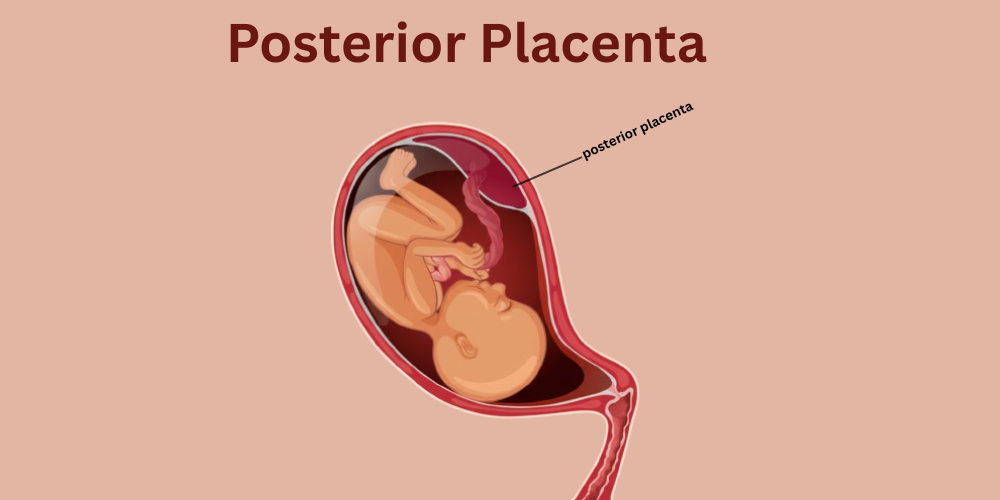
A posterior placenta is attached to the back side of the uterus, which comes close to the spine of the mother. It is actually quite a normal and most common position. Because of this, mothers can feel baby movements earlier and more intensely. Heartbeat sounds easier to detect during scans because of its position in the back. Clinically, it is identified via ultrasound and works both to feed and protect the unborn infant.
Read the Article
What is the purpose of morning sex really? Is it the time that brings peace and warmth, as well as energy? Indeed, morning is, according to science, the Best Time For Sex: engaging in it usually strengthens relationships even more and doesn't fail to work with fertility as these cycles sync with natural hormone cycles of the body.
Read the Article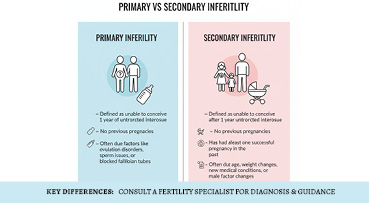
The psychological stress caused by infertility can affect both men and women in their family planning decisions. Meaning of Infertility"Infertility is said to have set in when a couple has been barren after natural conception for a year at least. At Dr. Aravind's IVF clinic, patients are given detailed counseling on reproductive health and advanced fertility treatment options so that they are acquainted with the available options for fertility treatment and choosing the right alternative for themselves."
Read the Article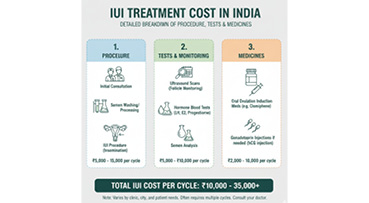
Intrauterine Insemination (IUI) has emerged as one of the most affordable among all modes of fertility treatment offering hope to various couples wanting to conceive. The procedure involves placing specially prepared sperm directly into a woman’s uterus during the time of ovulation to increase the chances for fertilization. IUI is quite simple and non-invasive and hence it is the least expensive compared to all other Assisted Reproductive Techniques and is usually considered as a first option before advanced options like IVF.
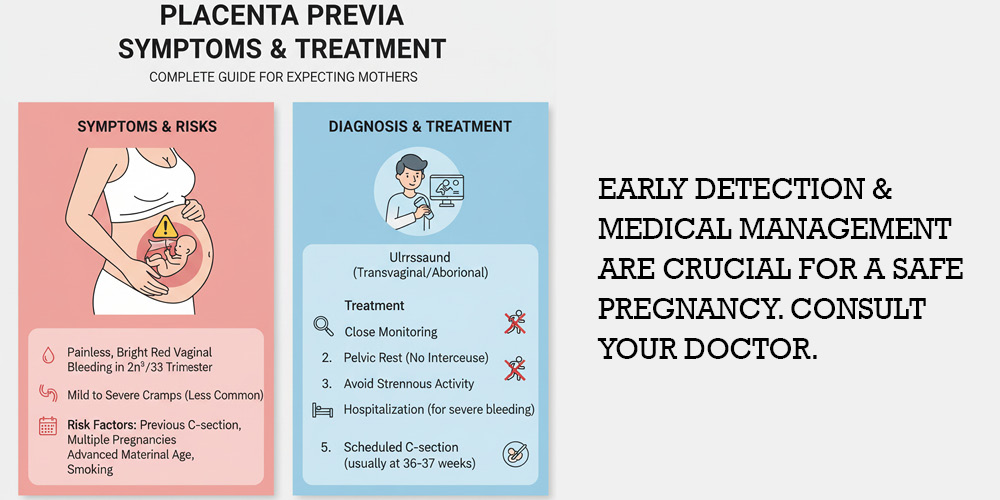
Placenta previa is a condition of pregnancy resulting in covering of placenta cervix. This condition causes painless, bright red vaginal bleeding, usually after the 20th week of pregnancy. Bleeding may occur intermittently and spontaneously cease, returning to occur again at another time.

Filled with hope, love, and faith, many people cherish the dream of parenthood. But this is not all the same for some couples because they have to contend with a sudden hurdle on the path of parenthood. Infertility, aggravated by adverse conditions today, is a grave experience transformed into a ray of hope by advanced treatment like IVF. Modern technology treats couples at Dr. Aravind's IVF, but it embraces patients with compassion and understanding. The doctor enters into a guarantee: every consultation is your promise that we will walk beside you through whatever steps you may choose to take on your journey to creating a family.
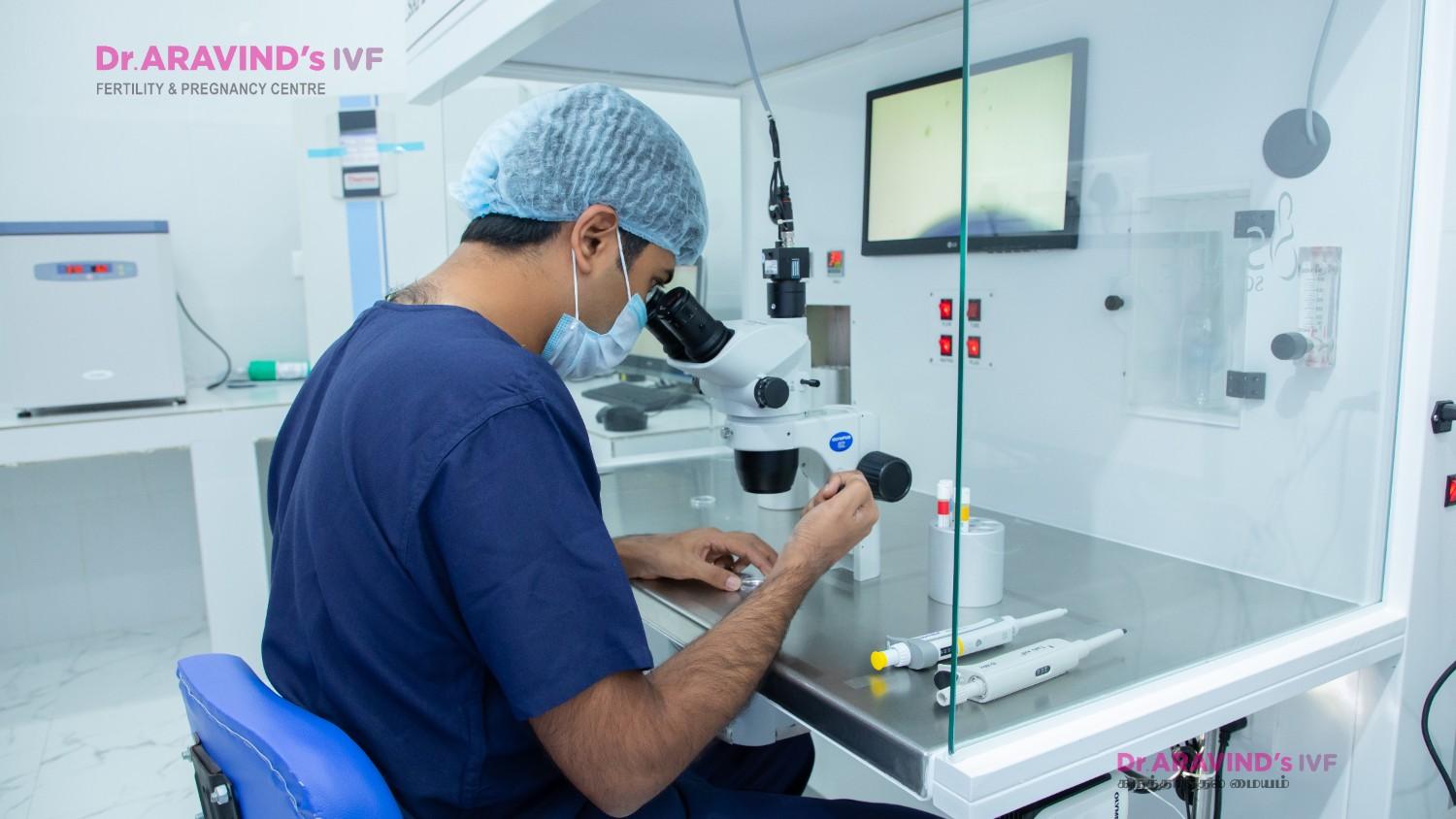
One of the foremost decisions that a woman can make for her health and happiness is picking the Best Gynaecologist in Bangalore. From adolescence to menopause, a woman goes through various physical and emotional upheavals that require specialised guidance and understanding. The emphasis at Dr. Aravind's IVF is on much more than diagnosis and treatment it is about creating an environment that is comfortable for women and within which they feel respected, heard, and cared for. So that no woman is ever treated less than royally, the team ensures that each one receives all the attention that is complete and compassionate and empowering to her well-being.
Read the Article
Selecting the perfect obstetrician is one of the critical considerations for women's health. A proficient and sympathetic doctor guarantees not only the efficacy of the treatment but also the emotional comfort at every stage- from routine check-up or by pregnancy and fertility treatment. A clinical Best Gynecologist in India is the one who combines his experience, modern technology, and patient approach to deliver world-class outcomes. At Dr. Aravind's IVF, patients are welcome to feel personalized consultations, advanced treatments, and expert guidance to ensure that every visit is reassuring and comfortable.
Read the Article
Infertility is a very real emotional and physical torture for couples. Once natural conception fails, the biggest question that arises is: do I go to a gynecologist or do I go to a Fertility Specialist? These two medical professionals are important, but different; knowing which one to approach would save precious time, energy, and hope for these couples.This is a decision left to any couple under the warmth and support of Dr. Aravind's IVF, assuring the right assistance and intervention at every step of the fertility journey.
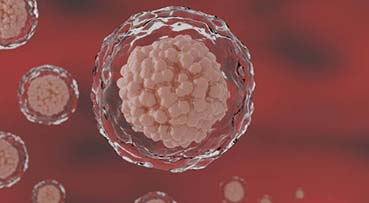
IVF is considered a big boon and a ray of new hope to many couples with hymen-like obstinacy against conception. One of the most breathtaking advances in this field has been the advent of blastocyst transfer, allowing the transfer of embryo transfer success rate at days 5 or 6 of development instead of 2 or 3. Under Dr. Aravind's IVF, the personnel vigilantly scrutinize embryos until they reach a blastocyst stage, whereupon those considered healthiest will be transferred. This increases the success rate of IVF and brings new hope to those who want to stay pregnant. Knowing the rationale behind this may help couples in the decision-making process along the route of their fertility journey.

Affirmative; it is legal but regulated. The Assisted Reproductive Technology (Regulation) Act, 2021 (ART Act) has lead to the framing of rules through which fertility clinics, ART banks, and IVF treatments age limit have now to operate under a national regulatory framework which is meant for patient safety, standardization of practice, and prevention of exploitations. This may include eligibility criteria, restrictions to donors, registration and record-keeping requirements, and penalties on breach thereof.
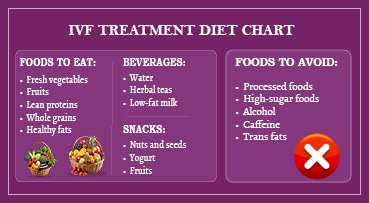
Diet is very crucial during the IVF preparation stage for a higher degree of fertility and also for a good pregnancy diet plan. A good fertility diet improves not only egg quality and hormonal balance but also helps in increasing success rates during IVF treatment. According to Dr. Aravind’s IVF, proper nutrition with medical advice can boost the results of couples undergoing fertility treatments.
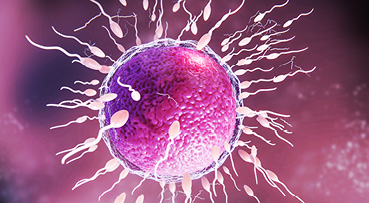
One of the first things most couples want to know is how much will IVF cost? Worry not, we at Dr. Aravind's IVF operate on a completely open policy. Our IVF treatment starts from ₹ 69,999, and the end price will vary based on your individual medical requirements. We wish for you to know what you're paying for, from consultations and lab tests to drugs and number of cycles to enable you to be emotionally and financially prepared for what lies ahead.
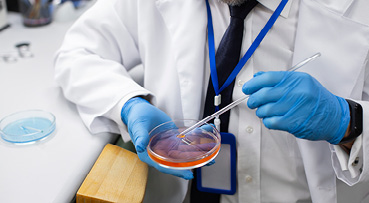
For many couples experiencing infertility, there is now a flickering glimmer of hope with the recent advances in fertility treatments like IVF and ICSI. However, from the patients' point of view, it doesn't clear up the confusion against ICSI treatment, that is, "What is it, and how is it different from IVF?"
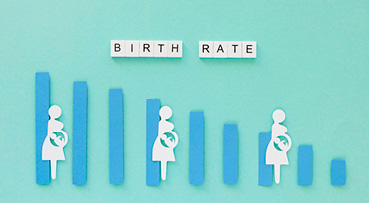
IVF factors depend on the woman's age when fertility affects naturally it happens. Women under 35 generally experience higher chances of success compared to those above 40, where egg quality and quantity is reduced. In this time the medical advancement was used like egg donor, sperm donor and embryo donor. Having a consultation with experienced specialists can help the best approach for each age group. Dr. Aravind’s IVF offers personalized treatment plans, patients receive advanced care to maximize success rates of age-related fertility challenges.
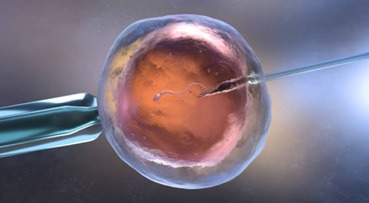
Embryo transfer is the most crucial moment in the entire in vitro fertilization (IVF) treatment. For successful implantation and subsequent viable pregnancy, it becomes essential to transfer the embryo with proper care and expertise from the laboratory next door to the designated woman's uterus. Dr. Aravind's IVF provides for me, as an embryologist, a particular precision and expertise that improves the embryo transfer success rate.

Building a family involves going through one challenge or the other, and the greatest of these is infertility. Infertility is a condition millions of people around the world deal with. Advances in reproductive technology have offered great hopes for couples seeking Highest IVF success rate in Chennai. Dr. Aravind's IVF remains one of the top fertility centers providing personalized care with a very high success rate, hence the destination of choice for hopeful parents.

Embarking on starting a family is very personal, though not very easy for many couples. From the time a couple thinks of taking advice about conception, the scenario often becomes scary and demands appropriate medical help. Over the years, couples in Tamil Nadu have sought high-level fertility procedures with the hope of transforming their dreams of parenthood into concrete and gratifying realities. Out of all those treatments, the couple has come to resort to in vitro fertilization (IVF). Thus, finding a center for IVF treatment in Chennai is much beyond just availability of technology it is finding medical professionals who understand the accompanying emotional strain in this long road toward parenthood and have pledged to walk beside you.

It is important to recognize any early signs and symptoms that possibly denote the onset of pregnancy and so help in conceiving after ovulation. Changes may occur in any early signs and symptoms that will vary greatly. The passage of egg ovulation marks the beginning of a series of hormonal changes in the body, which in various ways, reflect those changes. For the purposes of this chapter, some early signs should be looked for post-ovulation for those subjects who are being treated with Ovulation Induction compared to the natural cycle.

When trying to conceive or avoid pregnancy, knowing when you are most fertile can make a big difference. One method that can help track fertility is monitoring your body temperature, specifically your basal body temperature (BBT). Understanding how BBT works can help you identify your fertile days and increase your chances of pregnancy or help you avoid it naturally.
Read the Article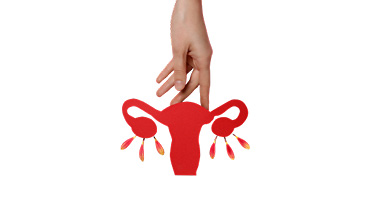
Pregnancy varies with every woman, but one thing that almost all of them share is waiting for telltale signs before their missed period. This is often an exciting yet uncertain time. The body starts making quiet changes even before a test confirms it. Understanding these signals can get you ready for an upcoming change. Pregnancy varies with every woman but it usually gets all women wanting to spot early signs well before that missed period. There is usually a lot of excitement mixed with a little uncertainty during this moment.
Read the Article
The experience of pregnancy can be amazing, but there is also some physical experience that can sometimes be overwhelming or scary along the way. One of the concerns for many women is Low Belly Pain when Pregnant. Women will experience some abdominal symptoms to varying degrees, but generally experiencing some abdominal pain is completely normal when you consider all of the changes your body is experiencing. Also, there are some times when abdominal pain warrants concern as it could be an indicator of a more serious problem that needs medical intervention. Having clarity around what is just discomfort and then being aware of serious complications can relieve a lot of anxiousness, and better prepare you to decide what you need to do if the need arises.If you get pregnant after that visit one of the top 10 fertility hospitals in Chennai like Dr. Aravind’s IVF be sure to follow the care tips well. Many women getting IVF in Chennai get told to watch their signs each day and tell their doctors if pain or bad feelings keep on.

Hyperemesis Gravidarum can differ from the normal morning sickness by making the pregnancy somewhat more embittered; however, with proper guidance, the journey becomes all the more bearable. At Dr. Aravind IVF, the Best IVF Centre in Chennai, an expecting mother receives careful monitoring, hydration, and custom treatment programs. This helps safeguard both mother and baby while giving the families comfort and confidence. Though the more-mountainous symptoms may confront one along the way, the pride of their healthy arrival makes the whole experience worthwhile.

HELLP syndrome is a rare but serious pregnancy condition, usually appearing in the third trimester or shortly after delivery. Related to preeclampsia but distinct from it, HELLP affects the liver and blood cells. Early recognition of HELLP symptoms, like upper abdominal pain, headache, blurred vision, and swelling, is crucial, as it can lead to serious complications for both parent and baby
Read the Article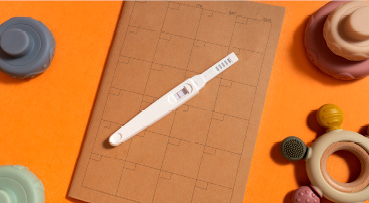
The early signs of pregnancy can vary from woman to woman, but there are several key symptoms that are commonly experienced in the first few weeks. This guide provides a detailed overview of the earliest indicators of pregnancy, from missed periods to changes in your body and hormones. Understanding these signs can help you recognize pregnancy early, so you can take the necessary steps for prenatal care. Whether you're actively trying to conceive or just curious, this guide will give you valuable insights into what to look for in the early stages of pregnancy.
Read the Article
The puerperium, or the postpartum period, is a crucial time for new mothers as they transition from pregnancy to parenthood. This period, typically lasting about six weeks after childbirth, is not just about physical recovery; it’s also a time of significant emotional and psychological changes.
Read the Article
An excess of amniotic fluid surrounding the fetus is known as polyhydramnios, a pregnancy complication. It can cause big trouble such as preterm delivery, or the problem could manifest in labor and so on., be it because of maternal diabetes to fetal anomalies, etc. It is a common observation routine with few management needed for achieving healthier results.
Read the Article
Pregnancy can be an exciting but sometimes overwhelming time for many women. Preganews is a helpful tool designed to make this journey easier. Here’s how it assists women every step of the way.
Read the Article
What is the Double Marker Test?
The test results produce a prenatal screener determining two substances in a woman's blood: Free Beta-hCG and associated with plasma pregnancy protein A. Biochemical markers are available to assess the risk of chromosomal abnormalities in a fetus, for instance, Down syndrome (Trisomy 21) Edwards syndrome (Trisomy 18).
Read the Article
Urine pregnancy tests (UPTs) are one of the most common methods used for detecting pregnancy, offering convenience and ease of use. But how accurate are these tests in confirming pregnancy? In this article, we break down how UPTs work, the factors that can affect their accuracy, and when you should take the test for the best results. Whether you're eagerly awaiting a result or experiencing early pregnancy symptoms, understanding the reliability of a UPT can help you make informed decisions. Get the insights you need to ensure you're using the test correctly and know when to seek professional confirmation for peace of mind.
Read the Article
For couples, the process of trying to conceive can be exciting and difficult. While it is important to enjoy the process, certain lifestyle changes and practices can significantly enhance your fertility. Here are some essential tips to help boost your chances of conception.
Read the Article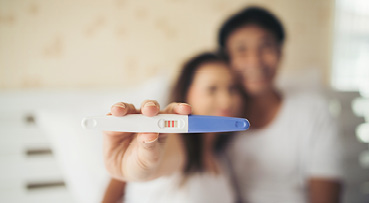
Receiving a positive pregnancy test result can be both thrilling and overwhelming. Our step-by-step guide is here to support you through this exciting moment and help you take the right actions in the early stages of pregnancy. From confirming the result with a healthcare professional to understanding the changes your body is going through, we provide essential advice on what to do next. You'll also learn about important first steps, like scheduling prenatal care and considering lifestyle adjustments for a healthy pregnancy. This guide aims to empower and reassure you, offering the knowledge you need to confidently embrace this new chapter of your life.
Read the Article
Being a mother is an amazing experience that is full of love, excitement, and challenges. Whether you are expecting or have just welcomed your little one into the world, understanding what to expect and how to care for yourself and your baby can make this transition smoother. Here are some essential tips to guide you through the beautiful yet sometimes overwhelming experience of maternity.
Read the Article
What is Ovulation?
Ovulation is a natural part of the menstrual cycle. It happens when an ovary releases an egg that sperm can fertilize. For women with regular cycles, ovulation typically happens about 14 days before the next period. However, cycles can vary, so it is essential to understand your unique rhythm.
Read the Article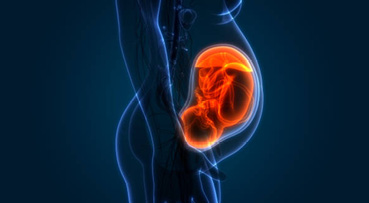
An Anterior Placenta means a baby's placenta which is growing on the front side of your tummy. It was completely normal and not harmful for both mother and baby, later you might feel the baby’s kicks. This implantation site of the placenta can differ among women. If the placenta is attached to the anterior wall of the uterus-facing the belly-it is termed anterior placenta. Therefore the baby is lying just behind this soft cushion, and hence the feeling of first kicks or flutters may take a little longer to perceive.

Pregnancy is a beautiful, unique experience that brings excitement, joy, and change. However, it also comes with its own set of physical, emotional, and mental challenges that many women go through. Understanding what to expect can help make this journey smoother.
Read the Article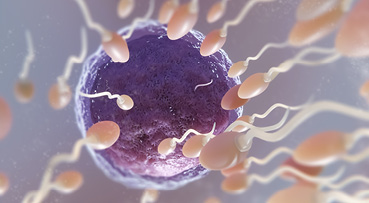
For couples wanting to conceive, the first step is setting out to find the right care. In Dr. Aravind’s IVF, known as the Best Fertility Hospital in Bangalore, advanced fertility care is blended with support and compassion. Here, couples not only get to experience world-class technology but also benefit from clinical insight from specialists who truly relate to the journey toward parenthood. This sense of trust can make a huge difference when embarking on the treatment.
Read the Article
What is Ovulation?
Ovulation is the process where an ovary releases an egg, making it available for fertilization by sperm. This event typically occurs once during each menstrual cycle, usually around the midpoint of the cycle. Understanding when ovulation occurs is vital because it is during this time that a woman is most fertile.
Read the Article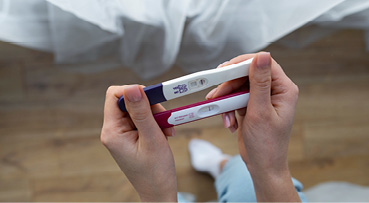
Basal Body Temperature (BBT) tracking is a natural and affordable method to help individuals understand their fertility and predict ovulation, which can be useful for those trying to conceive or avoid pregnancy. The BBT method involves measuring your body’s temperature at rest each morning before you get out of bed. This temperature can provide valuable insights into the best days to get pregnant, as well as when you’re most fertile.
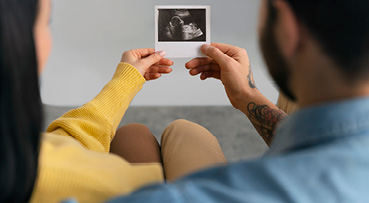
Understanding the fertile window, ovulation timing, and following basic lifestyle guidelines can help determine the best days to conceive. With this information, couples can confidently move closer to their goal of parenthood and naturally increase their chances of getting pregnant. This guide will talk about the Basics of identifying Fertile Window, identifying premature symptoms of conception, and useful tips to win in increasing your chances.
Read the Article
Morning time plays a significant role in fertility and conception due to key biological factors. Hormones that regulate ovulation and reproductive health, such as luteinizing hormone (LH), are often at their peak in the morning, enhancing the chances of conception during this time. Additionally, sperm quality tends to be better in the morning, further increasing the likelihood of successful fertilization. Understanding the optimal timing for intercourse, based on these natural cycles, can improve fertility outcomes and support couples trying to conceive.
Read the Article
Preparing for pregnancy is an exciting and important step. By focusing on your health and making some lifestyle changes, you can increase your chances of conceiving and set yourself up for a healthy pregnancy. Here are some helpful tips to get you started.
Read the Article
Dr. Aravind’s IVF, known for “Best IVF Centre in Coimbatore” assists women for understanding about their ovulation which is a key to the fertility journey.Trying to have a baby can make you think of many things, like when to start. It's important to be aware when you ovulate. Your body lets out an egg during ovulation, and this is your shot at getting pregnant.
Read the Article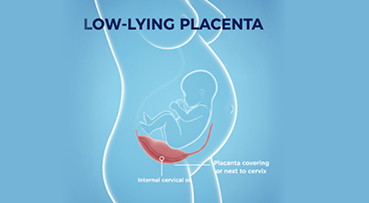
The placenta is located lower than normal in the uterus, near or possibly overlying the cervix. This is often found during ultra screening in the middle of one's pregnancy. This simply means that the placenta will usually move out of the way as the uterus continues to enlarge with the growing fetus. However, bleeding can happen if it remains low lying and a cesarean delivery might be needed. The woman is usually advised by the doctor to stay at home, restrict her activities, and monitor her condition. Most women will go on to carry their Low-Lying Placenta pregnancies entirely normally and healthily with proper attention and care.

The quadruple marker test (or quad screen) is a maternal blood test performed between 15-20 weeks of pregnancy. The Quadruple Marker Test is a screening tool taken to help calculate the risk of certain genetic conditions in the infant. The quadruple marker test tests for the presence of four substances in the mother's blood: alpha-fetoprotein (AFP), human chorionic gonadotropin (hCG), estriol, and inhibin A. Each of these markers are used in calculating risk of Down Syndrome, Edwards Syndrome, and some neural tube defects. The quad screen is a simple and uncomplicated screening process that only requires a small blood draw or sample. The maternal serum report is interpreted in conjunction with other risk factors, including maternal age, maternal weight, and gestation age.
Read the Article
Right before completing the fourth month, you are already inside what we know as the second trimester of pregnancy, often labeled the "honeymoon phase" in which many early thoughts of discomfort, nausea, and tiredness start to disappear. The baby, now about the size of an avocado, is rushing toward those facial features gaining in sharpness; tiny eyebrows may appear; movements increase. The ultrasound scan can give us detailed images, which greatly add to the excitement as real. Some of the 4th month pregnancy symptoms are a visible baby bump, increased appetite, and changes in skin tone such as the linea nigra. Emotional well-being tends to lighten up as well, and maybe even with the earliest foetal movements felt as just gentle flutters.
Read the Article
Several expectant parents have important turning points during the Third Month of Pregnancy. The very end of the first trimester marks this time when the body begins to acclimate to the changes due to early pregnancy. For some women, things like morning sickness and fatigue may begin to ease. For others, they may continue for a little longer but feel a bit more manageable. Many people begin to feel confident in sharing their news with those who matter to them somewhere around this emotionally charged time.
Read the Article
At our Dr. Aravind’s IVF, the Best IVF Center in Chennai, we provide the counselling for the first week of pregnancy with also full facts about “types of discharges”. A female's body and mind experience significant changes during the first week of pregnancy.Even before missing your periods, a hidden whisper that something has changed takes effect.

Each of the three trimesters of pregnancy lasts roughly 12 to 14 weeks. A full-term pregnancy usually lasts around 40 weeks, calculated from the first day of the last menstrual period.Understanding the changes that happen in each trimester can help you feel more prepared and informed during your pregnancy journey.
Read the Article
The start of a pregnancy is a special time when a woman's body preps to carry new life. In this stage, shifts in hormones get the womb ready for the baby to grow. Signs such as slight tiredness, sore breasts, or mood changes can pop up. Some women may spot Early Signs of Pregnancy like missed periods, soft sick feelings, or a sharp sense of smell.
Read the Article
Dr. Aravind’s IVF centre , which is also known for its name for Best IVF Center in Karnataka ,contains a huge number of experienced IVF specialists. According to their Proceedings, Conception or fertilization is the process by which sperm and an egg combine. Pregnancy is the result of many processes, this one among them. Pregnancy begins with this. The mix of these cells makes a one-cell thing called a zygote, with full DNA—half from each mother and father.
Read the Article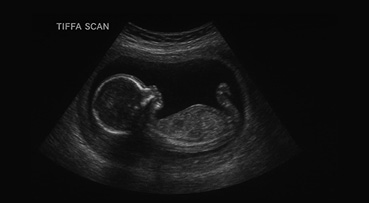
A TIFFA scan (Targeted Imaging for Fetal Anomalies) is a detailed ultrasound test which was done during pregnancy to check how your baby is growing and developing inside the mother’s stomach. It helps doctors see if all your baby’s organs through an ultrasound technique like the heart, brain, spine, kidneys, and limbs are forming normally or abnormally.
Read the Article
Antenatal care, also called prenatal care, is essential for ensuring the health of both the mother and her developing baby throughout pregnancy. This care involves regular check-ups with healthcare professionals like obstetricians and midwives, who monitor and support both the mother and baby. There are several reasons why antenatal care is crucial and each one contributes to a safer pregnancy and delivery.
Read the Article
The Easy Way to Calculate and Celebrate When you find out you are expecting a baby, one of the first questions you might have is, “When will my baby arrive?” You may make the waiting period a little more exciting by using a Birth Date Calculator to estimate when your baby is due. This tool allows you to anticipate when you will welcome your little one into the world and helps you plan for all the wonderful moments ahead.
Read the Article
Your Complete Pregnancy Calculator: Track Your Journey to Parenthood Welcoming a new baby into the world is an exciting journey filled with many emotions. If you are expecting or planning to become a parent, understanding your pregnancy timeline is crucial.One of the best tools to help you with this is a pregnancy calculator, which can provide you with important information about your due date and how far along you are in your pregnancy.
Read the Article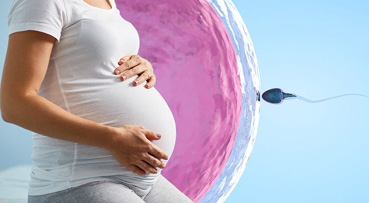
For many couples, the whole experience of IVF at Dr. Aravind’s IVF turns out to be an emotional roller-coaster with many ups and downs. All hope and anticipation entail quite a long wait with lots of emotional and mental trust from the very first consultation to that last stage of pregnancy confirmation. The couples go through multiple challenges, physical, emotional, and financial at different stages, while the support system built around Dr. Aravind’s IVF makes it a walk-in-the-park journey. While decoding procedures, doctors help the couples with stress and anger management. Every pregnancy is different, but when it comes to care and medical technology, the journey of IVF Experience becomes much more straightforward. A little bit of effort in that direction makes the dreams of parenthood come true.
Read the Article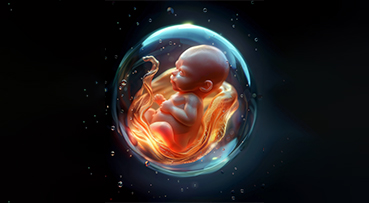
Fetal development is a fascinating process that begins even before a woman knows she is pregnant. This journey starts at conception and continues until birth, spanning approximately 40 weeks. During this time, the developing baby goes through three main stages: germinal, embryonic, and fetal. Understanding these stages and the milestones within them can provide valuable insight into the growth and development of a baby.
Read the Article
Amniocentesis is a prenatal test that helps to identify certain genetic and chromosomal conditions in a developing baby. This procedure is most commonly done between the 15th and 20th weeks of pregnancy but can sometimes be performed in the third trimester. Here’s a clear look at what amniocentesis involves, who might need it, how it’s performed and the potential risks and benefits.

Infertility is a condition where a couple cannot conceive after one year of regular, unprotected intercourse. This issue affects many couples worldwide and can be caused by various factors that impact either partner’s reproductive health. Infertility can often be treated with proper diagnosis and the right approach.
Read the Article
Quality egg health is not just the number of eggs. Their health and genetic stability are also points to consider. Generally, younger women have better quality eggs; however, increased age comes with a rise in the chances of chromosomal abnormalities. This, however, does not mean that older women won't conceive, but it stresses the need for early testing and treatment.
Read the Article
When it comes to starting a family, planning ahead and boosting fertility can play a big role in making the journey smoother. Whether you’re just thinking about having a baby or have been trying for a while, taking the right steps can help improve your chances. Here are some simple, essential steps to consider for effective pregnancy planning and fertility boosting.

Couples always have the bigger question of when the baby shall come during pregnancy. All able-to-be parents are eagerly waiting for that date; here a good delivery date calculator will give you an idea. It sets a timeline so you can plan doctor visits, get things ready at home, and simply enjoy the months of waiting with more clarity.

The course of pregnancy can be an exhilarating time of anticipation, but also one that can involve some unwelcome discomforts. Pregnancy is incredible, and can lead to changes in life, but one of the most common complaints of pregnant moms is back pain during pregnancy. Back pain during pregnancy can come in many forms, and vary in severity and characteristic, like many things related to health. Mild pains can develop rapidly into pain that can be debilitating, and significantly slow or completely prevent, activities of daily living. Understanding the mechanisms of Back Pain During Pregnancy, and some potential strategies to reduce it, can help accompany your pregnancy in a healthier and more enjoyable way.
Read the Article
Embarking on the journey to parenthood is an exciting chapter, but age can significantly influence fertility for both men and women. In this blog, we'll delve into the statistics and nuances of how age affects fertility, the time it takes to conceive based on age, and proactive measures for a healthy late pregnancy.
Read the Article
At Our Aravind’s Fertility Centre, also known as Best IVF Centre In Bangalore, We assist IVF, a useful option for many couples who are having trouble becoming parents. Our aim of the In Vitro Fertilization (IVF) process is to increase fertility, prevent genetic problems and help childbirth.

The body temperature is observed when you are fully at rest.. This test was insisted to be taken before any physical activity when you wake up in the morning. Most of the women have a habit of tracking their BBT in the natural method of fertility awareness; slight changes in BBT can deliver phases of the menstrual cycle. The thermometer must read at least one-tenth of a degree in order to determine the precise tracking, and BBT must be measured at the same time each morning. This is another reason why Best IVF Centers in India clinics like Dr. Aravgind’s IVF follows hormone levels along with BBT,for more accurate assessment.
Read the Article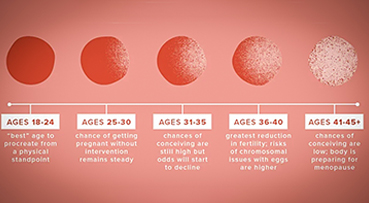
Fertilization takes place in the fallopian tubes, which connect the ovaries to the uterus. Fertilization happens when a sperm cell successfully meets an egg cell in the fallopian tube. Once fertilization takes place, and this gives rise to a zygote.

Couples in the process of pregnancy certainly have wondering minds about the possible best time to conceive. Does the morning determine a better time than that of the night, or will days in your cycle do? Well, in fact both time and preparation matter. To know your body, your partner's health, and the best time for conception can really make a difference. We at Dr. Aravind’s IVF, the Best Fertility Center in Bangalore, provide the best counselling about the timing for conceiving.
Read the Article
Fertilization takes place in the fallopian tubes, which connect the ovaries to the uterus. Fertilization happens when a sperm cell successfully meets an egg cell in the fallopian tube. Once fertilization takes place, and this gives rise to a zygote.

Planning for a baby can be one of the best relationship decisions a couple can make during their course of being together. However, there are a lot of factors involved when trying to determine when to try to conceive such as age, health history, current health and wellness, emotional level readiness, and financial status. For couples who are looking to conceive, it is good to be aware of a few of the Pregnancy Planning Tips for a healthy and effective transition into parenthood. Medical professionals recommend that couples should not try to conceive until they make a conscious effort to live a healthier life, become physically active, stop smoking, and stop drinking alcohol. Furthermore, as a progressive step, couples can first go visit a gynecologist prior to pregnancy, and have both partners determine if they are medically ready for a new baby.
Read the Article
Any meal plan should aim at being wholesome and nutrient-rich in order to provide all the necessary nutrients needed for proper growth, development and maturation of the body, affecting physical, mental and reproductive health.
Read the Article
Conception is a wonderful journey for many couples, interspersed with thrill and anticipation for the life that lies ahead. While most couples conceive effortlessly, others may require a little planning and perhaps the assistance of others in this endeavor. Knowing the right steps to take can make a very big difference. From improving general health to learning about fertility patterns, a few conscious efforts can help tip the success scales in your favor.
Read the Article
Reproduction is controlled by a system that includes the hypothalamus, pituitary gland (for secretion of the correct hormones), ovaries (to maintain the egg follicles and nurture their growth and release) and other glands, such as the adrenal glands and thyroid gland. Problems with ovulation (release of an egg) result when one part of this system malfunctions.
Read the Article
Actually, blastocyst means a five- to six-day-old embryo which has developed enough to implant into the uterus. With the embryo already differentiated into two main structures, the inner cell mass of the baby, and an outer layer that will become the placenta, one can imagine what happens during this period. Transferring blastocysts increases the chances of pregnancy through IVF since they are more matured and ready to implant and nestle in the womb.
Read the Article
A pregnancy is said to be terminated when naturally, that is, it collapses before the baby becomes viable outside the womb, usually within the first 20 weeks. Since miscarriage can happen for reasons that are genetic, pregnancy-related, or even for no apparent reason, it is usually nobody's fault. Through IVF and PGT procedures, couples can select the healthiest embryos for transfer, thereby limiting the risk of pregnancy loss.
Read the Article
These hormones regulate female reproductive health through their complex interplay, with birth control combined with sterilization being some of the representational aspects. These hormones govern all aspects of egg development through uterine conditioning, and they are crucial to conception. By understanding the biological processes involved, women can make better, informed decisions about the fertility planning, diagnosis, and treatment services available to them. Below is a detailed explanation of some of the major reproductive processes and hormones involved in the female cycle.
Read the Article
The couples found with a male-factor infertility usually begin their evaluation with routine laboratory investigations. While this initial phase is very important, going through the same diagnostic step routinely may not always provide any new answers. Many men go through emotional fatigue and frustration, as changes in lifestyle or medications do not result in any changes in outcomes. At this point, this is where clinicians dig deeper for hidden causes beyond surface findings.

In the last few decades, frozen embryo transfer (FET) has matured into one of the most popular and efficacious treatments offered in an IVF program. Instead of transferring embryos right after fertilization, embryos are being frozen and cryopreserved for later usage in another cycle. This way, the body can recuperate, hormone levels can stabilize, and the uterus can attain optimal conditions for embryo implantation.FETs often lead to better results because the management of the treatment is relaxed for couples.
Read the Article
Men often feel a range of mild aches or lower stomach discomfort, which may at times spread to the testes. These are sensations that generally endure harmlessly for some seconds it is good to know about sperm cramps as one of the possible causes that may include dehydration or an development of tight muscles for extended emotion or mild congestive states, etc. Most importantly, sperm cramps can be resolved by taking rest, dehydration, and relaxation techniques for therapy. When it continues, the pain becomes worse, the best option is to refer to a doctor.
Read the Article
Selecting the perfect obstetrician is one of the critical considerations for women's health. A proficient and sympathetic doctor guarantees not only the efficacy of the treatment but also the emotional comfort at every stage- from routine check-up or by pregnancy and fertility treatment. A clinical Best Gynecologist in India is the one who combines his experience, modern technology, and patient approach to deliver world-class outcomes. At Dr. Aravind's IVF, patients are welcome to feel personalized consultations, advanced treatments, and expert guidance to ensure that every visit is reassuring and comfortable.
Read the Article
Infertility is a very real emotional and physical torture for couples. Once natural conception fails, the biggest question that arises is: do I go to a gynecologist or do I go to a Fertility Specialist? These two medical professionals are important, but different; knowing which one to approach would save precious time, energy, and hope for these couples.This is a decision left to any couple under the warmth and support of Dr. Aravind's IVF, assuring the right assistance and intervention at every step of the fertility journey.

Amniocentesis is a prenatal test that helps to identify certain genetic and chromosomal conditions in a developing baby. This procedure is most commonly done between the 15th and 20th weeks of pregnancy but can sometimes be performed in the third trimester. Here’s a clear look at what amniocentesis involves, who might need it, how it’s performed and the potential risks and benefits.

At Our Aravind’s Fertility Centre, also known as Best IVF Centre In Bangalore, We assist IVF, a useful option for many couples who are having trouble becoming parents. Our aim of the In Vitro Fertilization (IVF) process is to increase fertility, prevent genetic problems and help childbirth.

Fertilization takes place in the fallopian tubes, which connect the ovaries to the uterus. Fertilization happens when a sperm cell successfully meets an egg cell in the fallopian tube. Once fertilization takes place, and this gives rise to a zygote.

Fertilization takes place in the fallopian tubes, which connect the ovaries to the uterus. Fertilization happens when a sperm cell successfully meets an egg cell in the fallopian tube. Once fertilization takes place, and this gives rise to a zygote.

Reproduction is controlled by a system that includes the hypothalamus, pituitary gland (for secretion of the correct hormones), ovaries (to maintain the egg follicles and nurture their growth and release) and other glands, such as the adrenal glands and thyroid gland. Problems with ovulation (release of an egg) result when one part of this system malfunctions.
Read the Article
Conception requires a normal endometrium, as it is the site for implantation and embryonic development. Many women suffer from delays in conception or repeated failures at implantation due to this lining being abnormally thin. Since most women experience no symptoms, an early assessment within the fertility plan is crucial. This thin lining may be a result of hormonal dysfunction, infections, or decreased blood supply, and early diagnosis may allow for better treatment options. Most often, the doctor tracks this during an ultrasound along with tracking the cycle.
Read the Article
The fact that one is deemed medically sane is not really a lot of help to many couples trying to process the emotional turmoil, disappointment, and exhaustion of the inability to conceive. A couple might feel normal tests, normal cycles, and healthy lifestyle—where's the problem? In fact, this scenario is much more common than most realize and usually has subtle, hidden factors that ordinary testing does not reveal. Such knowledge would allow couples to move beyond blaming themselves and to consider their fertility in a much bigger picture.
Read the Article
Semen analysis is one of the most important tests in evaluating sperm health, fertility potential, and overall reproductive function. A semen analysis assesses parameters like sperm count, motility, and morphology to help identify possible problems early. The assessment opens different possibilities for couples trying to achieve a pregnancy and allows treating doctors to recommend lifestyle changes or offer treatment options.
Read the Article
Women, being feminine, refer to fertility in a very important sense in terms of their reproductive health, determining the natural pathway of conception. The ovaries, ovulation cycle, hormonal balance, and reproduction system should be healthy. Fertility knowledge proves helpful for women in making good plans for their pregnancy and refers them to timely treatment when needed. comes at this stage along the woman and couple trying to conceive, providing compassionate support, advanced diagnostics, and providing the best fertility care.
Read the Article
A man's ability to have children through viable sperm and a healthy reproductive system. The male fertility is done to evaluate and monitor such characteristics of sperms as quality, motility, and so forth. Early tests serve as a red flag indicating the possibility of dealing with potential problems by lifestyle changes, supplements, and/or medical intervention to improve fertility and help couples become parents.
Read the Article
The psychological stress caused by infertility can affect both men and women in their family planning decisions. Meaning of Infertility"Infertility is said to have set in when a couple has been barren after natural conception for a year at least. At Dr. Aravind's IVF clinic, patients are given detailed counseling on reproductive health and advanced fertility treatment options so that they are acquainted with the available options for fertility treatment and choosing the right alternative for themselves."
Read the Article
Intrauterine Insemination (IUI) has emerged as one of the most affordable among all modes of fertility treatment offering hope to various couples wanting to conceive. The procedure involves placing specially prepared sperm directly into a woman’s uterus during the time of ovulation to increase the chances for fertilization. IUI is quite simple and non-invasive and hence it is the least expensive compared to all other Assisted Reproductive Techniques and is usually considered as a first option before advanced options like IVF.

One of the foremost decisions that a woman can make for her health and happiness is picking the Best Gynaecologist in Bangalore. From adolescence to menopause, a woman goes through various physical and emotional upheavals that require specialised guidance and understanding. The emphasis at Dr. Aravind's IVF is on much more than diagnosis and treatment it is about creating an environment that is comfortable for women and within which they feel respected, heard, and cared for. So that no woman is ever treated less than royally, the team ensures that each one receives all the attention that is complete and compassionate and empowering to her well-being.
Read the Article
Building a family involves going through one challenge or the other, and the greatest of these is infertility. Infertility is a condition millions of people around the world deal with. Advances in reproductive technology have offered great hopes for couples seeking Highest IVF success rate in Chennai. Dr. Aravind's IVF remains one of the top fertility centers providing personalized care with a very high success rate, hence the destination of choice for hopeful parents.

Embarking on starting a family is very personal, though not very easy for many couples. From the time a couple thinks of taking advice about conception, the scenario often becomes scary and demands appropriate medical help. Over the years, couples in Tamil Nadu have sought high-level fertility procedures with the hope of transforming their dreams of parenthood into concrete and gratifying realities. Out of all those treatments, the couple has come to resort to in vitro fertilization (IVF). Thus, finding a center for IVF treatment in Chennai is much beyond just availability of technology it is finding medical professionals who understand the accompanying emotional strain in this long road toward parenthood and have pledged to walk beside you.

It is important to recognize any early signs and symptoms that possibly denote the onset of pregnancy and so help in conceiving after ovulation. Changes may occur in any early signs and symptoms that will vary greatly. The passage of egg ovulation marks the beginning of a series of hormonal changes in the body, which in various ways, reflect those changes. For the purposes of this chapter, some early signs should be looked for post-ovulation for those subjects who are being treated with Ovulation Induction compared to the natural cycle.

When trying to conceive or avoid pregnancy, knowing when you are most fertile can make a big difference. One method that can help track fertility is monitoring your body temperature, specifically your basal body temperature (BBT). Understanding how BBT works can help you identify your fertile days and increase your chances of pregnancy or help you avoid it naturally.
Read the Article
For couples, the process of trying to conceive can be exciting and difficult. While it is important to enjoy the process, certain lifestyle changes and practices can significantly enhance your fertility. Here are some essential tips to help boost your chances of conception.
Read the Article
What is Ovulation?
Ovulation is a natural part of the menstrual cycle. It happens when an ovary releases an egg that sperm can fertilize. For women with regular cycles, ovulation typically happens about 14 days before the next period. However, cycles can vary, so it is essential to understand your unique rhythm.
Read the Article
Basal Body Temperature (BBT) tracking is a natural and affordable method to help individuals understand their fertility and predict ovulation, which can be useful for those trying to conceive or avoid pregnancy. The BBT method involves measuring your body’s temperature at rest each morning before you get out of bed. This temperature can provide valuable insights into the best days to get pregnant, as well as when you’re most fertile.

Understanding the fertile window, ovulation timing, and following basic lifestyle guidelines can help determine the best days to conceive. With this information, couples can confidently move closer to their goal of parenthood and naturally increase their chances of getting pregnant. This guide will talk about the Basics of identifying Fertile Window, identifying premature symptoms of conception, and useful tips to win in increasing your chances.
Read the Article
Morning time plays a significant role in fertility and conception due to key biological factors. Hormones that regulate ovulation and reproductive health, such as luteinizing hormone (LH), are often at their peak in the morning, enhancing the chances of conception during this time. Additionally, sperm quality tends to be better in the morning, further increasing the likelihood of successful fertilization. Understanding the optimal timing for intercourse, based on these natural cycles, can improve fertility outcomes and support couples trying to conceive.
Read the Article
Preparing for pregnancy is an exciting and important step. By focusing on your health and making some lifestyle changes, you can increase your chances of conceiving and set yourself up for a healthy pregnancy. Here are some helpful tips to get you started.
Read the Article
Dr. Aravind’s IVF, known for “Best IVF Centre in Coimbatore” assists women for understanding about their ovulation which is a key to the fertility journey.Trying to have a baby can make you think of many things, like when to start. It's important to be aware when you ovulate. Your body lets out an egg during ovulation, and this is your shot at getting pregnant.
Read the Article
Dr. Aravind’s IVF centre , which is also known for its name for Best IVF Center in Karnataka ,contains a huge number of experienced IVF specialists. According to their Proceedings, Conception or fertilization is the process by which sperm and an egg combine. Pregnancy is the result of many processes, this one among them. Pregnancy begins with this. The mix of these cells makes a one-cell thing called a zygote, with full DNA—half from each mother and father.
Read the Article
Fetal development is a fascinating process that begins even before a woman knows she is pregnant. This journey starts at conception and continues until birth, spanning approximately 40 weeks. During this time, the developing baby goes through three main stages: germinal, embryonic, and fetal. Understanding these stages and the milestones within them can provide valuable insight into the growth and development of a baby.
Read the Article
Infertility is a condition where a couple cannot conceive after one year of regular, unprotected intercourse. This issue affects many couples worldwide and can be caused by various factors that impact either partner’s reproductive health. Infertility can often be treated with proper diagnosis and the right approach.
Read the Article
When it comes to starting a family, planning ahead and boosting fertility can play a big role in making the journey smoother. Whether you’re just thinking about having a baby or have been trying for a while, taking the right steps can help improve your chances. Here are some simple, essential steps to consider for effective pregnancy planning and fertility boosting.

Embarking on the journey to parenthood is an exciting chapter, but age can significantly influence fertility for both men and women. In this blog, we'll delve into the statistics and nuances of how age affects fertility, the time it takes to conceive based on age, and proactive measures for a healthy late pregnancy.
Read the Article
Any meal plan should aim at being wholesome and nutrient-rich in order to provide all the necessary nutrients needed for proper growth, development and maturation of the body, affecting physical, mental and reproductive health.
Read the Article
Women seeking fertility solutions can now consult with a specialist who will provide the most accurate diagnoses to critical issues. Diagnostic Hystero Laparoscopy procedure is a means of viewing the uterus and fallopian tubes while also evaluating the pelvic cavity for diseases such as fibroids, endometriosis, and obstruction. It is a minimally invasive and comfortable procedure that guarantees accurate diagnosis and a quick recovery so that couples can gain much needed information to renew their confidence in planning the parenthood journey.
Read the Article
Many people really worry about how to get pregnant quickly as well as naturally. Track your menstrual cycle for at least two to three months and gain an insight into all the ovulatory affairs in your life, because with some degree of uncertainty ruled out, you can start with pregnancy very confidently.
Read the Article
The two weeks following ovulation are an exciting phase in the journey toward getting pregnant. As this is a critical stage, it’s important to understand the changes happening in the body to recognize the earliest clear signs of conception. In this article, we will look at the pregnancy symptoms that occur after ovulation, day by day, so that you can better understand what is happening in your body.
Read the Article
An organ is formed during pregnancy that provides sustenance to the fetus while in the uterus. This organ is the placenta. When the embryo implants into the uterus, some embryonic cells modify into special structures that eventually become the placenta. One end of the placenta attaches directly to the uterus while the other end, via the umbilical cord, attaches to the fetus.
Read the Article
A posterior placenta is attached to the back side of the uterus, which comes close to the spine of the mother. It is actually quite a normal and most common position. Because of this, mothers can feel baby movements earlier and more intensely. Heartbeat sounds easier to detect during scans because of its position in the back. Clinically, it is identified via ultrasound and works both to feed and protect the unborn infant.
Read the Article
What is the purpose of morning sex really? Is it the time that brings peace and warmth, as well as energy? Indeed, morning is, according to science, the Best Time For Sex: engaging in it usually strengthens relationships even more and doesn't fail to work with fertility as these cycles sync with natural hormone cycles of the body.
Read the Article
Placenta previa is a condition of pregnancy resulting in covering of placenta cervix. This condition causes painless, bright red vaginal bleeding, usually after the 20th week of pregnancy. Bleeding may occur intermittently and spontaneously cease, returning to occur again at another time.

Pregnancy varies with every woman, but one thing that almost all of them share is waiting for telltale signs before their missed period. This is often an exciting yet uncertain time. The body starts making quiet changes even before a test confirms it. Understanding these signals can get you ready for an upcoming change. Pregnancy varies with every woman but it usually gets all women wanting to spot early signs well before that missed period. There is usually a lot of excitement mixed with a little uncertainty during this moment.
Read the Article
The experience of pregnancy can be amazing, but there is also some physical experience that can sometimes be overwhelming or scary along the way. One of the concerns for many women is Low Belly Pain when Pregnant. Women will experience some abdominal symptoms to varying degrees, but generally experiencing some abdominal pain is completely normal when you consider all of the changes your body is experiencing. Also, there are some times when abdominal pain warrants concern as it could be an indicator of a more serious problem that needs medical intervention. Having clarity around what is just discomfort and then being aware of serious complications can relieve a lot of anxiousness, and better prepare you to decide what you need to do if the need arises.If you get pregnant after that visit one of the top 10 fertility hospitals in Chennai like Dr. Aravind’s IVF be sure to follow the care tips well. Many women getting IVF in Chennai get told to watch their signs each day and tell their doctors if pain or bad feelings keep on.

Hyperemesis Gravidarum can differ from the normal morning sickness by making the pregnancy somewhat more embittered; however, with proper guidance, the journey becomes all the more bearable. At Dr. Aravind IVF, the Best IVF Centre in Chennai, an expecting mother receives careful monitoring, hydration, and custom treatment programs. This helps safeguard both mother and baby while giving the families comfort and confidence. Though the more-mountainous symptoms may confront one along the way, the pride of their healthy arrival makes the whole experience worthwhile.

HELLP syndrome is a rare but serious pregnancy condition, usually appearing in the third trimester or shortly after delivery. Related to preeclampsia but distinct from it, HELLP affects the liver and blood cells. Early recognition of HELLP symptoms, like upper abdominal pain, headache, blurred vision, and swelling, is crucial, as it can lead to serious complications for both parent and baby
Read the Article
The early signs of pregnancy can vary from woman to woman, but there are several key symptoms that are commonly experienced in the first few weeks. This guide provides a detailed overview of the earliest indicators of pregnancy, from missed periods to changes in your body and hormones. Understanding these signs can help you recognize pregnancy early, so you can take the necessary steps for prenatal care. Whether you're actively trying to conceive or just curious, this guide will give you valuable insights into what to look for in the early stages of pregnancy.
Read the Article
The puerperium, or the postpartum period, is a crucial time for new mothers as they transition from pregnancy to parenthood. This period, typically lasting about six weeks after childbirth, is not just about physical recovery; it’s also a time of significant emotional and psychological changes.
Read the Article
An excess of amniotic fluid surrounding the fetus is known as polyhydramnios, a pregnancy complication. It can cause big trouble such as preterm delivery, or the problem could manifest in labor and so on., be it because of maternal diabetes to fetal anomalies, etc. It is a common observation routine with few management needed for achieving healthier results.
Read the Article
Pregnancy can be an exciting but sometimes overwhelming time for many women. Preganews is a helpful tool designed to make this journey easier. Here’s how it assists women every step of the way.
Read the Article
What is the Double Marker Test?
The test results produce a prenatal screener determining two substances in a woman's blood: Free Beta-hCG and associated with plasma pregnancy protein A. Biochemical markers are available to assess the risk of chromosomal abnormalities in a fetus, for instance, Down syndrome (Trisomy 21) Edwards syndrome (Trisomy 18).
Read the Article
Urine pregnancy tests (UPTs) are one of the most common methods used for detecting pregnancy, offering convenience and ease of use. But how accurate are these tests in confirming pregnancy? In this article, we break down how UPTs work, the factors that can affect their accuracy, and when you should take the test for the best results. Whether you're eagerly awaiting a result or experiencing early pregnancy symptoms, understanding the reliability of a UPT can help you make informed decisions. Get the insights you need to ensure you're using the test correctly and know when to seek professional confirmation for peace of mind.
Read the Article
Receiving a positive pregnancy test result can be both thrilling and overwhelming. Our step-by-step guide is here to support you through this exciting moment and help you take the right actions in the early stages of pregnancy. From confirming the result with a healthcare professional to understanding the changes your body is going through, we provide essential advice on what to do next. You'll also learn about important first steps, like scheduling prenatal care and considering lifestyle adjustments for a healthy pregnancy. This guide aims to empower and reassure you, offering the knowledge you need to confidently embrace this new chapter of your life.
Read the Article
Being a mother is an amazing experience that is full of love, excitement, and challenges. Whether you are expecting or have just welcomed your little one into the world, understanding what to expect and how to care for yourself and your baby can make this transition smoother. Here are some essential tips to guide you through the beautiful yet sometimes overwhelming experience of maternity.
Read the Article
An Anterior Placenta means a baby's placenta which is growing on the front side of your tummy. It was completely normal and not harmful for both mother and baby, later you might feel the baby’s kicks. This implantation site of the placenta can differ among women. If the placenta is attached to the anterior wall of the uterus-facing the belly-it is termed anterior placenta. Therefore the baby is lying just behind this soft cushion, and hence the feeling of first kicks or flutters may take a little longer to perceive.

Pregnancy is a beautiful, unique experience that brings excitement, joy, and change. However, it also comes with its own set of physical, emotional, and mental challenges that many women go through. Understanding what to expect can help make this journey smoother.
Read the Article
What is Ovulation?
Ovulation is the process where an ovary releases an egg, making it available for fertilization by sperm. This event typically occurs once during each menstrual cycle, usually around the midpoint of the cycle. Understanding when ovulation occurs is vital because it is during this time that a woman is most fertile.
Read the Article
The placenta is located lower than normal in the uterus, near or possibly overlying the cervix. This is often found during ultra screening in the middle of one's pregnancy. This simply means that the placenta will usually move out of the way as the uterus continues to enlarge with the growing fetus. However, bleeding can happen if it remains low lying and a cesarean delivery might be needed. The woman is usually advised by the doctor to stay at home, restrict her activities, and monitor her condition. Most women will go on to carry their Low-Lying Placenta pregnancies entirely normally and healthily with proper attention and care.

The quadruple marker test (or quad screen) is a maternal blood test performed between 15-20 weeks of pregnancy. The Quadruple Marker Test is a screening tool taken to help calculate the risk of certain genetic conditions in the infant. The quadruple marker test tests for the presence of four substances in the mother's blood: alpha-fetoprotein (AFP), human chorionic gonadotropin (hCG), estriol, and inhibin A. Each of these markers are used in calculating risk of Down Syndrome, Edwards Syndrome, and some neural tube defects. The quad screen is a simple and uncomplicated screening process that only requires a small blood draw or sample. The maternal serum report is interpreted in conjunction with other risk factors, including maternal age, maternal weight, and gestation age.
Read the Article
Right before completing the fourth month, you are already inside what we know as the second trimester of pregnancy, often labeled the "honeymoon phase" in which many early thoughts of discomfort, nausea, and tiredness start to disappear. The baby, now about the size of an avocado, is rushing toward those facial features gaining in sharpness; tiny eyebrows may appear; movements increase. The ultrasound scan can give us detailed images, which greatly add to the excitement as real. Some of the 4th month pregnancy symptoms are a visible baby bump, increased appetite, and changes in skin tone such as the linea nigra. Emotional well-being tends to lighten up as well, and maybe even with the earliest foetal movements felt as just gentle flutters.
Read the Article
Several expectant parents have important turning points during the Third Month of Pregnancy. The very end of the first trimester marks this time when the body begins to acclimate to the changes due to early pregnancy. For some women, things like morning sickness and fatigue may begin to ease. For others, they may continue for a little longer but feel a bit more manageable. Many people begin to feel confident in sharing their news with those who matter to them somewhere around this emotionally charged time.
Read the Article
At our Dr. Aravind’s IVF, the Best IVF Center in Chennai, we provide the counselling for the first week of pregnancy with also full facts about “types of discharges”. A female's body and mind experience significant changes during the first week of pregnancy.Even before missing your periods, a hidden whisper that something has changed takes effect.

Each of the three trimesters of pregnancy lasts roughly 12 to 14 weeks. A full-term pregnancy usually lasts around 40 weeks, calculated from the first day of the last menstrual period.Understanding the changes that happen in each trimester can help you feel more prepared and informed during your pregnancy journey.
Read the Article
The start of a pregnancy is a special time when a woman's body preps to carry new life. In this stage, shifts in hormones get the womb ready for the baby to grow. Signs such as slight tiredness, sore breasts, or mood changes can pop up. Some women may spot Early Signs of Pregnancy like missed periods, soft sick feelings, or a sharp sense of smell.
Read the Article
A TIFFA scan (Targeted Imaging for Fetal Anomalies) is a detailed ultrasound test which was done during pregnancy to check how your baby is growing and developing inside the mother’s stomach. It helps doctors see if all your baby’s organs through an ultrasound technique like the heart, brain, spine, kidneys, and limbs are forming normally or abnormally.
Read the Article
Antenatal care, also called prenatal care, is essential for ensuring the health of both the mother and her developing baby throughout pregnancy. This care involves regular check-ups with healthcare professionals like obstetricians and midwives, who monitor and support both the mother and baby. There are several reasons why antenatal care is crucial and each one contributes to a safer pregnancy and delivery.
Read the Article
The Easy Way to Calculate and Celebrate When you find out you are expecting a baby, one of the first questions you might have is, “When will my baby arrive?” You may make the waiting period a little more exciting by using a Birth Date Calculator to estimate when your baby is due. This tool allows you to anticipate when you will welcome your little one into the world and helps you plan for all the wonderful moments ahead.
Read the Article
Your Complete Pregnancy Calculator: Track Your Journey to Parenthood Welcoming a new baby into the world is an exciting journey filled with many emotions. If you are expecting or planning to become a parent, understanding your pregnancy timeline is crucial.One of the best tools to help you with this is a pregnancy calculator, which can provide you with important information about your due date and how far along you are in your pregnancy.
Read the Article
Couples always have the bigger question of when the baby shall come during pregnancy. All able-to-be parents are eagerly waiting for that date; here a good delivery date calculator will give you an idea. It sets a timeline so you can plan doctor visits, get things ready at home, and simply enjoy the months of waiting with more clarity.

The course of pregnancy can be an exhilarating time of anticipation, but also one that can involve some unwelcome discomforts. Pregnancy is incredible, and can lead to changes in life, but one of the most common complaints of pregnant moms is back pain during pregnancy. Back pain during pregnancy can come in many forms, and vary in severity and characteristic, like many things related to health. Mild pains can develop rapidly into pain that can be debilitating, and significantly slow or completely prevent, activities of daily living. Understanding the mechanisms of Back Pain During Pregnancy, and some potential strategies to reduce it, can help accompany your pregnancy in a healthier and more enjoyable way.
Read the Article
The body temperature is observed when you are fully at rest.. This test was insisted to be taken before any physical activity when you wake up in the morning. Most of the women have a habit of tracking their BBT in the natural method of fertility awareness; slight changes in BBT can deliver phases of the menstrual cycle. The thermometer must read at least one-tenth of a degree in order to determine the precise tracking, and BBT must be measured at the same time each morning. This is another reason why Best IVF Centers in India clinics like Dr. Aravgind’s IVF follows hormone levels along with BBT,for more accurate assessment.
Read the Article
Couples in the process of pregnancy certainly have wondering minds about the possible best time to conceive. Does the morning determine a better time than that of the night, or will days in your cycle do? Well, in fact both time and preparation matter. To know your body, your partner's health, and the best time for conception can really make a difference. We at Dr. Aravind’s IVF, the Best Fertility Center in Bangalore, provide the best counselling about the timing for conceiving.
Read the Article
Planning for a baby can be one of the best relationship decisions a couple can make during their course of being together. However, there are a lot of factors involved when trying to determine when to try to conceive such as age, health history, current health and wellness, emotional level readiness, and financial status. For couples who are looking to conceive, it is good to be aware of a few of the Pregnancy Planning Tips for a healthy and effective transition into parenthood. Medical professionals recommend that couples should not try to conceive until they make a conscious effort to live a healthier life, become physically active, stop smoking, and stop drinking alcohol. Furthermore, as a progressive step, couples can first go visit a gynecologist prior to pregnancy, and have both partners determine if they are medically ready for a new baby.
Read the Article
Conception is a wonderful journey for many couples, interspersed with thrill and anticipation for the life that lies ahead. While most couples conceive effortlessly, others may require a little planning and perhaps the assistance of others in this endeavor. Knowing the right steps to take can make a very big difference. From improving general health to learning about fertility patterns, a few conscious efforts can help tip the success scales in your favor.
Read the Article
For many couples experiencing infertility, there is now a flickering glimmer of hope with the recent advances in fertility treatments like IVF and ICSI. However, from the patients' point of view, it doesn't clear up the confusion against ICSI treatment, that is, "What is it, and how is it different from IVF?"

For couples wanting to conceive, the first step is setting out to find the right care. In Dr. Aravind’s IVF, known as the Best Fertility Hospital in Bangalore, advanced fertility care is blended with support and compassion. Here, couples not only get to experience world-class technology but also benefit from clinical insight from specialists who truly relate to the journey toward parenthood. This sense of trust can make a huge difference when embarking on the treatment.
Read the Article
For many couples, infertility is not just a medical condition. It is emotional, personal, and often confusing. When treatments don’t work, people start looking for other options, and that’s where surrogacy comes into the picture. Still, one question comes up again and again, is surrogacy legal in India, and what does the law actually allow?

IVF (in vitro fertilization) is a medical procedure to help an individual or a couple conceive when nature has not done so. In IVF, a woman's egg is combined with a man's sperm outside the body, in a special laboratory.
Read the Article
Understanding IVF cost in Bangalore is one of the first concerns for couples planning fertility treatment. IVF is not just a medical decision, it is also a financial one. Costs can vary based on your health condition, clinic choice, and treatment plan. This guide explains everything in simple words, without confusion or hidden terms.
Read the Article
ERA (Endometrial Receptivity Analysis) is a test that helps find the best time for embryo transfer by checking if the uterus is ready. It improves IVF success by personalizing the timing instead of using a standard schedule. As an advanced diagnostic test in fertility treatment, the era test aims to identify the time when embryo transfer is most suitable. It means that the specialized doctors can determine whether the uterus is in a position to receive an embryo. This personalization of the treatment regime enhances the treating plans, especially for those patients for whom conventional timing has proved unsuccessful. By locating the window in time considered most favorable for embryo implantation, the fertility specialists can bring therapeutic intervention into greater alignment with the patient’s natural biological response.
Read the Article
Couples who are given the go-ahead for fertility treatment and have normal reports and good-quality embryos often fail IVF, and this is where the dna fragmentation test becomes one of the essential yet often neglected diagnostic tests. Unlike the regular semen analysis, the DNA fragmentation test provides information regarding the integrity of genetic material inside sperm, which is very important during fertilization and successful pregnancy outcome. Even if sperm count and motility may appear normal, damaged DNA can still silently affect results.

Laser-Assisted Hatching is an advanced laboratory procedure in assisted reproductive treatments that increases the chances of embryo implantation. In this highly advanced technique, a precision laser creates a tiny opening in the outer shell that surrounds the embryo. It is known as the zona that may stiffen and lift off sometimes so that the embryo can implant naturally.
Read the Article
While looking through fertility clinics in Chennai, success rate, experience of doctors, and advanced treatment options like IVF, ICSI, and laparoscopy get precedence, owing to their effective analysis. Ideally, look for centers that feature updated labs, fair pricing, and upstanding patient counseling. Customer experiences and live facility access visits will also give helpful information on the best IVF center for your needs. Supportive teams and ethical care make a big difference in your fertility journey.
Read the Article
Postponing motherhood has become a feature of the lives of millions of women, whether through career aspirations, personal milestones, or health conditions. It is where egg freezing comes in as an option that alters life perspective. Specialists make clear that egg freezing caters for securing better-quality eggs at a younger age and, hence, allows women greater reproductive freedom. Women can plan childbirths without worrying about the inevitable decline in fertility with age when opting to freeze eggs in an optimal period of reproductive health. This approach is particularly liberating to women with vagaries in their individual timelines or medical treatments affecting fertility.
Read the Article
Finding the best IVF doctor in Coimbatore can make all the difference for couples trying to conceive. Dr. Aravind Chander is a renowned fertility specialist known for his expertise, compassionate care, and high success rates in assisted reproductive treatments. The right IVF doctor is important, and his personalized treatment approach is perfect for each patient. His years experience encourages couples to use new technology to fulfill their dreams of becoming parents.
Read the Article
The IVF process can be Difficult, and part of that is the not knowing, but when you know what to expect, it makes the whole journey much easier. This is a very straightforward, clear breakdown of the IVF process timeline, as much as it ranges, to help you in expectation control and stress relief. Let’s go through each part from preparation to embryo transfer and implantation.
Read the Article
Filled with hope, love, and faith, many people cherish the dream of parenthood. But this is not all the same for some couples because they have to contend with a sudden hurdle on the path of parenthood. Infertility, aggravated by adverse conditions today, is a grave experience transformed into a ray of hope by advanced treatment like IVF. Modern technology treats couples at Dr. Aravind's IVF, but it embraces patients with compassion and understanding. The doctor enters into a guarantee: every consultation is your promise that we will walk beside you through whatever steps you may choose to take on your journey to creating a family.

IVF is considered a big boon and a ray of new hope to many couples with hymen-like obstinacy against conception. One of the most breathtaking advances in this field has been the advent of blastocyst transfer, allowing the transfer of embryo transfer success rate at days 5 or 6 of development instead of 2 or 3. Under Dr. Aravind's IVF, the personnel vigilantly scrutinize embryos until they reach a blastocyst stage, whereupon those considered healthiest will be transferred. This increases the success rate of IVF and brings new hope to those who want to stay pregnant. Knowing the rationale behind this may help couples in the decision-making process along the route of their fertility journey.

Affirmative; it is legal but regulated. The Assisted Reproductive Technology (Regulation) Act, 2021 (ART Act) has lead to the framing of rules through which fertility clinics, ART banks, and IVF treatments age limit have now to operate under a national regulatory framework which is meant for patient safety, standardization of practice, and prevention of exploitations. This may include eligibility criteria, restrictions to donors, registration and record-keeping requirements, and penalties on breach thereof.

Diet is very crucial during the IVF preparation stage for a higher degree of fertility and also for a good pregnancy diet plan. A good fertility diet improves not only egg quality and hormonal balance but also helps in increasing success rates during IVF treatment. According to Dr. Aravind’s IVF, proper nutrition with medical advice can boost the results of couples undergoing fertility treatments.

One of the first things most couples want to know is how much will IVF cost? Worry not, we at Dr. Aravind's IVF operate on a completely open policy. Our IVF treatment starts from ₹ 69,999, and the end price will vary based on your individual medical requirements. We wish for you to know what you're paying for, from consultations and lab tests to drugs and number of cycles to enable you to be emotionally and financially prepared for what lies ahead.

IVF factors depend on the woman's age when fertility affects naturally it happens. Women under 35 generally experience higher chances of success compared to those above 40, where egg quality and quantity is reduced. In this time the medical advancement was used like egg donor, sperm donor and embryo donor. Having a consultation with experienced specialists can help the best approach for each age group. Dr. Aravind’s IVF offers personalized treatment plans, patients receive advanced care to maximize success rates of age-related fertility challenges.

Embryo transfer is the most crucial moment in the entire in vitro fertilization (IVF) treatment. For successful implantation and subsequent viable pregnancy, it becomes essential to transfer the embryo with proper care and expertise from the laboratory next door to the designated woman's uterus. Dr. Aravind's IVF provides for me, as an embryologist, a particular precision and expertise that improves the embryo transfer success rate.

For many couples, the whole experience of IVF at Dr. Aravind’s IVF turns out to be an emotional roller-coaster with many ups and downs. All hope and anticipation entail quite a long wait with lots of emotional and mental trust from the very first consultation to that last stage of pregnancy confirmation. The couples go through multiple challenges, physical, emotional, and financial at different stages, while the support system built around Dr. Aravind’s IVF makes it a walk-in-the-park journey. While decoding procedures, doctors help the couples with stress and anger management. Every pregnancy is different, but when it comes to care and medical technology, the journey of IVF Experience becomes much more straightforward. A little bit of effort in that direction makes the dreams of parenthood come true.
Read the Article
Quality egg health is not just the number of eggs. Their health and genetic stability are also points to consider. Generally, younger women have better quality eggs; however, increased age comes with a rise in the chances of chromosomal abnormalities. This, however, does not mean that older women won't conceive, but it stresses the need for early testing and treatment.
Read the Article